|
India has “firmly reiterated” its support for the Philippines and its “national sovereignty,” as Manila remains locked in a territorial dispute with Beijing in the South China Sea. Tensions have further increased amid a pivot by the Philippines back towards the US.
Speaking on Tuesday alongside Philippines Foreign Secretary Enrique Manalo after bilateral talks in Manila, Indian Foreign Minister Subrahmanyam Jaishankar stated “it is essential” that nations such as theirs “cooperate more closely to shape the emerging order.” “Every country has the right to uphold and enforce its national sovereignty,” the Indian diplomat added. Responding to Jaishankar’s remarks, Chinese Foreign Ministry spokesperson Lin Jian declared that “any third party is not in a position to interfere” in the maritime dispute between Beijing and Manila. Tensions have been running high in the South China Sea since Manila allowed the US greater access to four more military bases in 2023, as part of the Enhanced Defense Cooperation Agreement (EDCA) signed in 2014. Beijing claims almost the entire South China Sea, brushing off rival claims from other countries, including the Philippines. Last week, Manila summoned Beijing’s envoy after accusing Chinese vessels of damaging a Philippines supply ship and injuring a crew close to a disputed shoal. Jaishankar’s comments also come in the wake of New Delhi’s own border tensions with Beijing over India’s Arunachal Pradesh state. China also claims the area, which it calls 'Zangnan’. Earlier this month, Beijing criticized Indian Prime Minister Narendra Modi’s visit to the region. During his visit, Modi inaugurated a tunnel that could hasten a military deployment to forward areas near the contested border with China. Reacting to Chinese comments, the Indian Foreign Ministry called Beijing’s claims over the region “absurd” and insisted that “repeating baseless arguments… does not lend such claims any validity.” Meanwhile, the US has sought to weigh in, stating that it recognizes Arunachal Pradesh as part of India and “strongly opposes” China’s “unilateral attempts to advance territorial claims.” Beijing responded by accusing Washington of interference. “China strongly deplores and firmly opposes this,” Foreign Ministry spokesperson Lin said at a press conference in Beijing last week. “The China-India boundary question is a matter between the two countries and has nothing to do with the US side.”
0 Comments
Three Indian martial arts athletes from a region claimed by China have been forced to pull out of the Asian Games in Hangzhou after not receiving clearance from the host country, media reports say.
The three women, competing as wushu fighters, are from the northeastern Indian state of Arunachal Pradesh, a region claimed almost in full by Beijing as “South Tibet”. Wushu, or kung fu, is a multidisciplinary martial art that originated in China. According to the Hindustan Times newspaper, the trio were approved to take part by the Hangzhou Asian Games Organising Committee but were unable to download their accreditation cards, which act as visas to enter China. The rest of the 10-member squad along with the coaching staff left for the games in Hangzhou on Wednesday, the newspaper reported. Neither the Indian Olympic Association nor the Ministry of External Affairs immediately responded to requests for comment by the Agence France-Presse news agency. The Indian wushu team did not travel to the Chinese city of Chengdu for the World University Games in July after the same three athletes were issued stapled, rather than pasted, visas – an indication that Beijing does not recognise India’s territorial claim over Arunachal Pradesh. That move triggered angry reactions from India with the foreign ministry saying it was “unacceptable”. Arunachal Pradesh is on the other side of the Himalayas from Tibet and shares a common Buddhist cultural heritage with its northern neighbour. The Dalai Lama fled through the state in 1959 after a failed uprising against Chinese rule in his homeland and has lived in India ever since. Beijing briefly occupied most of the territory in a bloody conflict three years after the Buddhist leader’s flight. This year, India reacted strongly after China renamed 11 places in the disputed region. New Delhi consistently maintains that the state has always been and will always be an “integral and inalienable part of India”. On the sidelines of the G20 Summit at the weekend, the United States and India unveiled proposals for what has been termed the India-Middle East-Europe Economic Corridor (IMEC) with the backing of the United Arab Emirates, Saudi Arabia, Israel, and Jordan, as well as officials from the EU.
The project, billed as an alternative to China’s Belt and Road Initiative (BRI), seeks to build a commercial route from India through to Europe via the Arabian Peninsula, Israel, and then the Mediterranean Sea. Unsurprisingly, the project’s significance was inflated by the press as “historic” and a “blindside” challenge to Beijing that would doom China’s own mega-infrastructure project. But such conclusions are misleading, for many reasons. First, not every participant in this new initiative is squarely opposed to China and sees it, as the US does, as a zero-sum game. The Arab countries, including Saudi Arabia, the UAE and Jordan, are not anti-Beijing at all and are part of the BRI themselves. These countries, seeking to diversify their economies from dependency on oil revenue, are seeking new options to consolidate their wealth and thus courting large-scale foreign investments, including from China itself. They want to make themselves the “crossroads” of the world, they do not see such a project through the lens of containment or even geopolitical rivalry, but as creating more benefits for themselves. If Saudi Arabia can get Chinese and Indian cargo going through their country, that’s a double win – it never had to be an “either-or” arrangement for Riyadh.Second, parts of this new route are co-opted from China itself. The Haifa Port in Israel was, until recently, mostly under China’s control (India’s Adani Group acquired 70% of the stake in July), while Piraeus Port in Athens was controlled by Chinese shipping company, Cosco. The railroad infrastructure linking Greece with Central Europe is also part of the BRI. Another Chinese-owned commercial port exists on that same route in the Indian Ocean – Gwadar Port in Pakistan, which is part of the China-Pakistan Economic Corridor (CPEC). This means that China itself can use multiple parts of the proposed transport route, and the IMEC project does not really undercut Beijing to the extent it’s being portrayed – and all of the co-opted countries would be pretty happy for that. Third, this project could end up in the growing graveyard of pledged, and failed, BRI alternatives, which come at a rate of approximately one per year. It wasn’t that long ago that the US and its allies in the G7 were launching Build Back Better W (B3W), or the Global Partnership for Infrastructure Investment, or the Blue Dot Network. None of these projects have the coordinated hierarchical superstructure that the Chinese state does, which allows projects to be cooperated and rolled out at breakneck pace, nor do they have the readily accessible financial resources to take off. If China seeks to build a high-speed railway, for example, the Communist Party can coordinate a bank to fund it, a railway company to build it, and a supply chain to stock it, all in one organized motion. The US does not have the power to do that, unless of course it comes down to military and defense spending, such as the bottomless pit of aid to Ukraine, and therefore is unable to compete. All other spending in Washington is part of the never-ending political battle in the Congress, where every single non-military penny must be fought for, tooth and nail, in a serious process. It’s why its own national infrastructure is increasingly shoddy, and, to use the above example for comparison, American high-speed railways remain underdeveloped by generous definition and non-existent compared to China.Finally, the IMEC is tiny compared to what the BRI aims to achieve. While IMEC wants to connect the Middle East to the Indian subcontinent (which also benefits China), the BRI has been working on not just one, but multiple economic corridors all over the planet. This includes comprehensively connecting the Eurasian landmass through huge railways spanning Russia, Central Asia and Mongolia, making it possible for a train from Shanghai to arrive in London, but also creating a new route to the sea through Pakistan (CPEC), connecting South East Asia by land through new railroads going through Laos and into Thailand, as well as a route which spans West Asia through Turkey and another Indian subcontinent foray with the China-Myanmar Corridor. In conclusion, the US has been desperate to rival the Belt and Road Initiative, but has never been able to produce anything of the same scale or vision, all the while repeatedly ignoring the reality that transcontinental infrastructure routes are not “zero-sum games” because their results ultimately benefit everyone, which in China’s perspective has always been the focus of the BRI itself as a “win-win” initiative. Despite that, each new branded “alternative” comes with the same hype that “this time” China’s project has met its match. No, it really hasn’t, but thanks for creating a new route which Chinese cargo can use in the meantime. After the Indian government on Monday informed the Supreme Court that it will evaluate the “carrying capacity” of 13 Himalayan states, the focus is squarely on the northern hill state of Himachal Pradesh (‘Land of Snow’), which this season suffered 72 flash floods and where nearly 400 people (and thousands of animals) died in rain-related incidents. The “carrying capacity” is the maximum population size that an ecosystem can sustain without becoming degraded, according to the GB Pant National Institute of Himalayan Environment. This load-carrying capacity of hill towns and stations has come under critical pressure in recent years. Himachal Pradesh, or HP, has globally-famous hill stations such as Shimla, the Kullu Valley, Manali (most popular with foreign backpackers), and Dharamshala (the base for the Dalai Lama). With natural disasters on the rise – according to the state government, there were ten flash floods in 2020, 16 in 2021, and 75 in 2022 – Chief Minister Sukhvinder Singh Sukhu claimed that his state has suffered damages totaling Rs 12,000 crore ($1.4 billion) this year.No wonder, then, that while every summer HP is usually bustling with tourists, with kilometer-long traffic jams and chock-a-block hotels, the summer of 2023 saw less tourism, no doubt due to the calamities and viral videos of hotels and temples collapsing on the riverside. Heavy rains triggered landslides and flash floods that unleashed havoc, destroying hundreds of roads and damaging property. Experts say the impact of disasters has increased exponentially due to unchecked construction on river floodplains, unsafe construction in ecologically-sensitive areas, and hydropower projects, among other issues. A looming reason is the pressure of tourism. Every year, HP receives more visitors than its own population of nearly 7.8 million. In 2022, tourists numbered 15.1 million (both domestic and foreign). In fact, until the rains, HP had recorded 10.6 million tourists in the first six months of 2023, the highest ever for that time period. About 7 million of those were in May 2023 alone. Compare this to 1991, when tourist arrivals were about 2.38 million, or to the 4.68 million who visited in 2000. This increased to 19.6 million in 2017-18. HP, economically dependent on hydropower projects and tourism, is now planning to target about 50 million annual tourists by 2028. However, the increase poses another set of problems with the pressure on resources. Tourism taking a toll "The recent natural disasters are the result of overburdening and unplanned construction activities in the state,” said Mohinder Seth, president of the HP Tourism Stakeholders Association. “Almost all the hill stations are overburdened with tourists, with mushrooming growth of hotels and homestays… it is a further burden to urban areas.” Visitors come for the scenic locales and religious tourism as the state is home to numerous Hindu temples. However, stakeholders and experts say it is taking a toll on the state’s resources. In fact, the 2019 HP Tourism Policy admitted that the high influx of tourists leads to a disturbance of ecological balance in the fragile Himalayan region and emphasized the need for sustainable tourism. “Despite various benefits, mainstream tourism has negative connotations. The impact of mass-tourism and disregard to carrying capacity in the tourism development trajectory in the IHR (Indian Himalayan Region) have led to serious concerns among policymakers, residents and visitors,” the policy noted. It stated that “global issues of resource depletion and environmental degradation may be seen as important as local ones, including the long-term effects of tourism on climate change and the impact of adaptation and mitigation measures on travel patterns.” “Exploring trends promoting the tourism industry in a sustainable manner becomes dire,” the document added, noting that the “need of the hour, given our fragile ecosystem, is to ensure that this growth continues in a sustainable manner.” Seth explained that hill stations are witnessing tourists more than their carrying capacity, and felt that the state shouldn’t give permission to new hotels or homestays as it will lead to further disasters during natural calamities such as heavy rains or earthquakes. “Instead, the government should focus on strengthening existing facilities and ensuring proper drainage systems as it was one of the factors that increased the intensity of landslides,” he said. Hem Singh Thakur, an environmentalist and lawyer, said the heavy influx of tourist vehicles had led to radical changes in the environment. For instance, Lahaul and Spiti district, which is now open year-round for tourists after the opening of Atal Tunnel (under the Rohtang Pass) at a height of 10,071ft above sea level, is now witnessing heavy rains, a new phenomenon, as the cold desert used to receive snowfall around the year. “The excessive tourists in the region have resulted in huge carbon emissions in the cold desert, which is heating up with the pristine environment of the cold desert and the area is now witnessing heavy rains. This is causing heavy losses, for heavy rains are resulting in washing away of roads and other infrastructure in flash floods,” he said. Himachal Pradesh University professor Devinder Sharma highlighted the havoc in Shimla, a popular tourist destination, during the disasters this year. Shimla, which was developed by the British for a population of 25,000 and was once known as the summer capital of India, is now home to 250,000 people, resulting in heavy pressure on natural resources. "We need to focus on sustainable development as per the soil structure and norms. But call it man’s greed, widespread construction activity is carried out across the state by flouting norms. Hotels or homestays are being constructed on riversides which are against regulations and directions of the National Green Tribunal and other regulatory authorities,” Sharma added. Sharma said the cutting of hills for roads and other infrastructure projects to accommodate increased tourism is done in an unscientific manner, without soil tests or other topographic analysis. He emphasized that the hilly terrain in Himachal is not meant for four-lane roads, and the government should instead focus on constructing parallel roads to ensure stabilization of the hill strata and to minimize damage in heavy rains that are worsening due to climate change. Is sustainable tourism the way ahead? Both Himachal and neighboring Uttarakhand see a heavy tourist influx and are recording pressure on water resources and issues such as waste management. A March 2023 study, ‘The Environmental Impact of Tourism on Mountain States’ by Jia Gunthey, notes that the mountainous regions of India are suffering a great environmental impact due to the increase in tourism. “Himachal, along with Uttarakhand, bears the biggest burden of the environmental damage as a result of tourism,” the study says. Drawing attention towards waste management issues, she noted that in Dharamshala (HP), 200kg of dry waste is segregated daily and 25 tonnes a year. The author noted that “a large percentage of the waste comes from eateries which have grown in number due to increased tourism. There is also increased pressure on the soil, causing soil erosion and natural habitat loss. Additionally, there is a strain on water, and sources of water, which are heavily being used by restaurants, hotel chains and places of accommodation for the incoming tourists.” Thakur sought the promotion of electric vehicles in tourist hotspots. “This should specifically be done in high hill regions to reduce carbon emissions to save the environment. This will also lead to employment generation as locals will buy electric taxis or other small vehicles to ferry visitors across tourist attractions in major hill stations,” he said. Mohinder Seth and Professor Sharma stressed the need to arrest the mushrooming of illegal hotels while calling for proper regulation and monitoring mechanisms. “There should be proper research on the carrying capacity of tourism destinations in HP and the focus should be on sustainable tourism,” Sharma said. HP BJP spokesperson and a high official to former Chief Minister Jai Ram Thakur, Mahender Dharmani, said that though the tourism sector is a major contributor to the state’s GDP, the major hill stations now don’t have the capacity to accommodate a heavy influx of visitors. Hill stations can’t support high-rise buildings, as has been seen in the recent rains. There is a need to seek expert opinion to identify the carrying capacity in the ecologically-fragile Himalayan region and an action plan should accordingly be prepared, he added. For its part, the central government told the Supreme Court on Monday that it had set up a 13-member technical committee to evaluate the carrying capacity as set by the guidelines of the GB Pant National Institute of Himalayan Environment.
Saudi Arabia and Iran are among six countries to join BRICS as new members next year, South African President Cyril Ramaphosa has announced, on the final day of a summit of the group that considers itself a counterweight to Western powers.The group encompassing five major emerging economies – China, Brazil, South Africa, Russia and India – which makes decisions by consensus, agreed on “the guiding principles, standards, criteria and procedures of the BRICS expansion process”, during the three-day annual summit held in Johannesburg this week, Ramaphosa said on Thursday. As part of the first phase, Argentina, Egypt, Ethiopia and the United Arab Emirates will join Saudi Arabia and Iran to become full BRICS members in January 2024. Other phases will follow. “This membership expansion is historic,” said Chinese President Xi Jinping. “The expansion is also a new starting point for BRICS cooperation. It will bring new vigour to the BRICS cooperation mechanism and further strengthen the force for world peace and development.”
A senior adviser to Iran’s president on Thursday welcomed the country’s admission to the grouping. “Permanent membership in the group of global emerging economies is considered a historic development and a strategic success for the foreign policy of the Islamic republic,” Mohammad Jamshidi wrote on X, which was previously known as Twitter. Ethiopian Prime Minister Abiy Ahmed hailed what he called “a great moment” for his country. “Ethiopia stands ready to cooperate with all for an inclusive and prosperous global order,” Abiy said on Twitter. The core group of five BRICS countries has been discussing the issue of expansion for more than a year, Ramaphosa said, and the new members were invited this week after an agreement was reached at the summit. The expansion of the group is part of its plan to build dominance and reshape global governance into a “multipolar” world order that puts voices of the Global South at the centre of the world agenda. The inclusion of Saudi Arabia, the UAE, Iran and Egypt marks the first MENA representation in the group, and the inclusion of Argentina was championed by member Brazil. Expansion was pushed heavily by Russia and China, analysts said, as they are facing pushback from Western nations in the form of sanctions. Other BRICS countries were initially more ambivalent, but leaders came out in vocal support of the plan this week. The grouping of emerging economies has been in formal existence for 15 years. Some experts told Al Jazeera that it has not achieved much and the diffuse nature of their political and social interests means BRICS leaders do not always agree on issues. Some say that has prevented them from becoming a more powerful or effective entity. China’s population has decreased for the first time in more than 60 years, official data shows — a historic turn for the world’s most populous nation that is now expected to see a long period of population decline.
The country of 1.4 billion has seen birth rates plunge to record lows as its workforce ages, a drop that analysts warn could stymie economic growth and pile pressure on the country’s strained public finances. The mainland Chinese population stood at approximately 1,411,750,000 at the end of 2022, Beijing’s National Bureau of Statistics (NBS) reported on Tuesday, a decrease of 850,000 from the end of the previous year. The number of births was 9.56 million, the NBS said, while the number of deaths stood at 10.41 million. Men also continued to outnumber women in China by 722.06 million to 689.69 million. The new figures mark the first fall in China’s population since 1961, when the country battled the worst famine in its modern history, caused by Mao Zedong’s disastrous agricultural policy known as the Great Leap Forward. The decline in population could have significant economic consequences for China. The country's workforce is shrinking, and the proportion of elderly people is increasing. This could lead to a decline in economic growth and a strain on the country's social security systems. The Chinese government has implemented a number of measures to address the population decline, such as the two-child policy and measures to support families with children. Additionally, the government has also emphasized the importance of increasing the birth rate and has called for more support for families with children. China has long been the world’s most populous nation, but is expected to soon be overtaken by India, if it has not already. Estimates put India’s population at more than 1.4 billion. The head of the NBS, Kang Yi, said people should not worry about China’s population decline as the country’s overall labour supply still exceeds demand. China’s population could reduce by 109 million by the year 2050, more than triple the decline of their previous forecast in 2019. India and China have stepped up purchases of Russian Arctic oil grades following Western sanctions on Russian crude, Reuters reported on Thursday, citing traders and vessel-tracking data from Refinitiv. The EU, G7 nations and Australia introduced a price cap on Russian oil late last year, while the EU also placed an embargo on seaborne Russian crude. According to the report, Indian purchases of Russia’s Arco and Arco/Novy Port grade crude reached a record of 6.67 million barrels in November. Another 4.1 million barrels of those crude grades were supplied to the country in December, along with a 900,000-barrel shipment of Varandey crude, India’s first purchase of the grade. Prior to Western sanctions on Russian energy, Arctic grades were usually supplied to European countries. A source cited at an Indian refiner stated gross product margins from the processing of Russian Arctic crude grades are over $10 a barrel higher against similar quality US oil. Along with steep discounts sellers offer for Russian shipments, this makes Russian oil increasingly attractive to buyers, analysts say. Prior to the crisis in Ukraine, India, the second-biggest oil consumer in Asia, was a small marginal buyer of Russian crude. However, the situation changed after Western buyers started shunning the fuel due to sanctions, and in November last year, Russia became India’s largest oil supplier.
Data also showed that at least three vessels loaded with some 2.58 million barrels of Arctic crude are currently on their way to China from the Russian port of Murmansk. Like New Delhi, Beijing hasn’t joined Western sanctions against Russian oil, instead boosting Russian crude purchases by 10.2% in January-November last year, to 79.78 million tons. In November, Russia overtook Saudi Arabia as China’s largest crude provider, according to a Chinese customs report issued late last month. Meanwhile, European purchases of Russian oil have been dwindling. Russia’s seaborne crude exports to European countries fell to 167,000 barrels a day in the 28 days to December 30, from more than 1.5 million barrels a day a year earlier, Bloomberg reported this week, citing vessel tracking data. The issue of the creation of a BRICS reserve currency has taken on particular significance in recent months after President Putin declared that the creation of such a currency was in the process of discussion. This was followed by a series of statements coming from Russia’s legislative branch on the expediency of creating a new reserve currency — most recently from the Federation Assembly speaker Valentina Matvienko. While the debate on the possibility of creating such a reserve currency is only starting in Russia and more broadly across the global economy, the implications of such a move on the part of the BRICS could have transformational consequences for the global financial system.
Initially, the proposal to create a new reserve currency based on a basket of currencies of BRICS countries was formulated by the Valdai Club back in 2018 — the idea was to create an SDR-type currency basket composed of BRICS countries’ national currencies as well as potentially some of the other currencies of BRICS+ circle economies. The choice of BRICS national currencies was due to the fact that these were the among the most liquid currencies across emerging markets. The name for the new reserve currency — R5 or R5+ — was based on the first letters of the BRICS currencies all of which begin with the letter R (real, ruble, rupee, renminbi, rand). The recent debates concerning the prospects for the creation of a new reserve currency focused more on the risks, fragilities and outright impossibility of the R5 project. Less attention has been accorded to estimating the benefits (including in terms of hard figures) to BRICS economies and EM more generally. There has also been scant attention with respect to the actual modalities of launching the BRICS reserve currency. What is clear at this stage is that the BRICS reserve currency will not be created to replace the national reserve currencies of the BRICS economies — rather it will complement these national currencies and will serve to improve the possibilities for more EM currencies to attain reserve status. Accordingly, the attainment of high trading shares among the BRICS economies is a desirable but not altogether an indispensable condition for launching the new reserve currency. In fact, the new BRICS currency does not have to service all trade transactions among BRICS economies in the very near term. Initially, the new BRICS currency could perform the role of an accounting unit to facilitate transactions in national currencies. In the longer run, the R5 BRICS currency could start to perform the role of settlements/payments as well as the store of value/reserves for the central banks of emerging market economies. Within the composition of the R5 currency basket the share of the Chinese renminbi may be initially set at a relatively high level in order to take advantage of the already advanced reserve status of the Chinese currency. This share may be reduced progressively in stages later on along with the inclusion of new EM national currencies. Outside of the BRICS economies some of the potential candidates that with time could be included into the R5+ currency basket may feature the Singaporean dollar or the UAE’s dirham. One of the potential risks associated with the use of EM currencies in reserves is their high volatility. The basket mechanism of the BRICS reserve currency will allow for reducing some of this volatility via averaging out the exchange rate dynamics of currencies that follow different market trends — if the currencies of Russia, South Africa and Brazil follow the commodity cycle, the opposite is true with respect to commodity importers such as India and China. Importantly, the scope for employing the new reserve currency in the world economy is sizeable given the tremendous potential for de-dollarization. The new BRICS reserve currency can act in concert with the stronger role performed by BRICS national currencies to take on a greater share of the total pie of currency transactions in the world economy. This greater role can be gradually extended from servicing foreign trade transactions to investment flows across the developing world. In line with the original R5 concept developed by Valdai Club in 2018 one of the possible venues for boosting the use of national currencies and the BRICS reserve currency could be the creation of a platform for regional development banks in which BRICS economies are members. Such a platform could develop a portfolio of common/integration projects that may be financed in national currencies. In the end, the launching of a new reserve currency if successful will impart a transformational effect on the international financial system. The Central Banks in the global economy are experiencing a notable shortage of reserve currencies in managing their reserve holdings. In this respect, the emergence of additional reserve currencies from among the EM economies will serve to expand the possibilities for diversifying reserve holdings and reducing the vulnerabilities associated with the dependence on a narrow range of currencies. The R5 project can thus become one of the most important contributions of emerging markets to building a more secure international financial system.
This comes less than a month after the State Bank of India had agreed to put in place a simplified rupee settlement mechanism aimed at boosting mutual trade. An Indian diplomat told the outlet that Russian banks had requested that India’s eight largest lenders organize settlement in the local currency, but had not received any response. These banks include India’s largest lender, State Bank of India, and also Punjab National Bank, Bank of India, Bank of Baroda and Central Bank of India. Sources at lending institutions told the news agency that their management was not considering using this mechanism, at least not yet.
According to a senior executive at a large state-owned bank, financial entities are wary of being punished by the US and EU for trading in rupees with Russia. “They [Western nations] can impose a sanction on us, it will be a major business and reputational loss,” the banker said. Indian banks that are exposed to the international financial system stick to dollars or euros in trade with non-sanctioned Russian lenders. They are concerned that their businesses would be disrupted if targeted by sanctions. Currently, only two small lenders, Yes Bank and UCO Bank, which have agreements with Russia’s PSCB and Gazprombank, are using the rupee payment mechanism. In September, the Economic Times reported that Indian banks had received about 20 requests from Russian credit institutions to open accounts. The rupee trade initiative was set up to bypass the US dollar, thus ensuring uninterrupted cross-border business between the two countries. The BRICS countries are working on establishing a new reserve currency to better serve their economic interests, ambassador at large of Russia’s Foreign Ministry Pavel Knyazev said this week. It will be based on a basket of the currencies of the five-nation bloc. “The possibility and prospects of setting up a common single currency based on a basket of currencies of the BRICS countries is being discussed,” Knyazev said during a discussion about expanding BRICS and the Shanghai Cooperation Organization.
According to the diplomat, member states are “actively studying mechanisms” to exchange financial information to develop a reliable alternative for international payments. In an effort to reduce reliance on the dollar and euro, BRICS is set to build a joint financial infrastructure that will enable a reserve currency to be created. The group, which comprises Brazil, Russia India, China, and South Africa, has been boosting economic ties, with trade turnover steadily growing despite restrictions brought on by the pandemic and conflict in Ukraine. BRICS had previously said it was working on establishing a joint payment network to cut reliance on the Western financial system. The member countries have also been increasing the use of local currencies in mutual trade. India has become the world’s fifth-largest economy after overtaking the UK, its former colonial master, during the final three months of 2021, Bloomberg reported on Friday.
“On an adjusted basis and using the dollar exchange rate on the last day of the relevant quarter, the size of the Indian economy in ‘nominal’ cash terms in the quarter through March was $854.7 billion. On the same basis, the UK was $816 billion,” the agency said, citing figures from the IMF database and historical exchange rates. This is the second time India has outperformed the UK in terms of its economy, having previously overtaken Britain in 2019. The South Asian nation now trails behind the US, China, Japan and Germany, and is expected to see its GDP expand by more than 7% this year. The report comes days after New Delhi published its GDP data for the first quarter, which showed that the Indian economy had grown by 13.5% year-on-year. It was a little lower than the Reserve Bank of India had expected, but the growth rate was still the highest of any developing country. Kshama Bindu, 24, from Vadodara, India has announced that she is planning to hold a wedding this month – but the groom will be none other than herself. As reported by the Times of India, the wedding will reportedly include all the traditional elements typical of an Indian wedding, such as the Saat Phere ceremony and the applying of the Sindoor – a vermillion mark indicating that a woman is married. The only thing absent will be the groom and the associated ‘baraat’ wedding procession.
“I never wanted to get married. But I did want to become a bride. So I decided to marry myself,” Kshama, who works in a private firm, said. She says her decision to tie the knot with herself came after she realized she would become the first woman in India to practice sologamy and “set an example of self-love.” “Self-marriage is a commitment to be there for yourself and unconditional love for oneself. It’s also an act of self-acceptance. People marry someone they love. I love myself and hence this wedding,” she explained. Kshama added that her self-marriage is an attempt to show that “women matter,” even if some people think it is nothing but a joke. The wedding is set to be held at a temple in Gotri on June 11. Kshama says she has already received her parent’s blessings for the union, and that she has written five vows she will recite to herself during the ceremony. And, of course, she will also go on a honeymoon trip, for which she decided on Goa, where she will stay for two weeks after the wedding. Sologamy, also known as autogamy, is the marriage of a person to themselves. The practice has become more widespread in the 21st century, especially among women, as supporters of the idea argue that it affirms one’s own value and leads to a happier life. However, self-marriage has yet to be legally recognized in any country, and has quite a way to go before becoming a social norm. Pete McGee  NEW DELHI, July 14 -- The Indian Space Research Organisation (ISRO) said on Sunday that it was all set to launch second lunar mission Chandrayaan-2. The heavy-lift rocket GSLV-Mark-3 carrying Chandrayaan-2 will be launched from Satish Dhawan Space Center in Sriharikota, off the Bay of Bengal coast in the southern Indian state of Andhra Pradesh, at 2:51 a.m. local time on Monday. "The launch countdown of GSLV MkIII-M1/Chandrayaan-2 commenced today at 6:51 a.m. (local time). The launch is scheduled at 2:51 a.m. (local time) on July 15 (Monday)," ISRO said. "UH25 (fuel) filling of liquid core stage (L110) of GSLV MkIII-M1 completed. Propellant filling of liquid core stage (L110) of GSLV MkIII-M1 completed." Officials said the powerful 3.85-ton rocket will put Chandrayaan-2 in a highly elliptical orbit around the earth, following which its orbit will be raised through a series of maneuvers by remote by the ISRO scientists. Eventually, it will be taken out of the earth's orbit and made to reach the sphere of influence of the moon. Officials said the entire mission has a life of one year. According to the state-run broadcaster All India Radio, President Ram Nath Kovind is scheduled to witness the launch from Sriharikota. Reports said if India succeeds in this endeavour, it will become the fourth country to soft-land spacecraft on the lunar surface after the United States, Russia and China. Israel tried earlier this year but failed. |
Thank you for choosing to make a difference through your donation. We appreciate your support.
This website uses marketing and tracking technologies. Opting out of this will opt you out of all cookies, except for those needed to run the website. Note that some products may not work as well without tracking cookies. Opt Out of CookiesCategories
All
Archives
April 2024
|

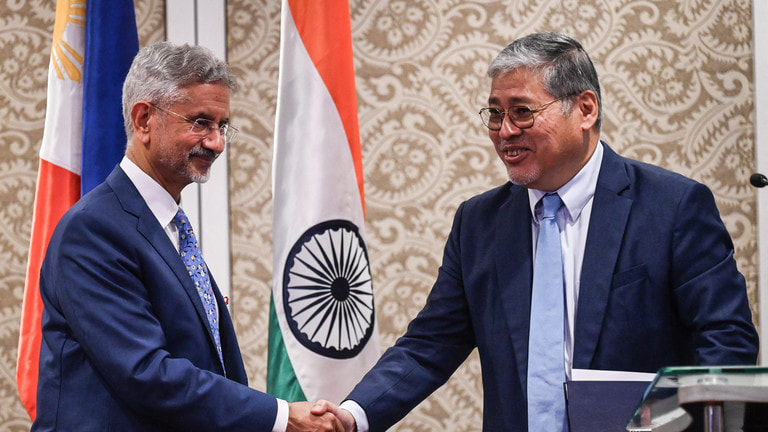
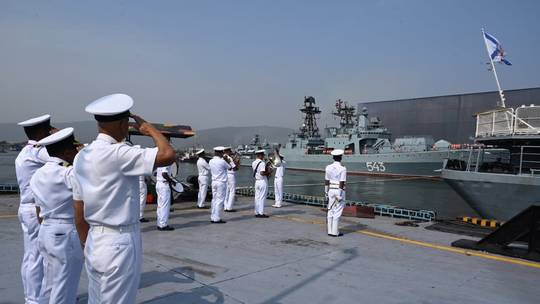
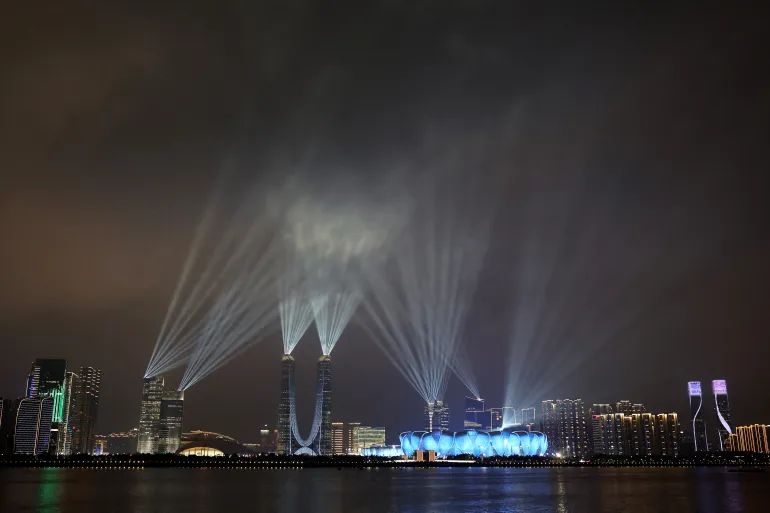
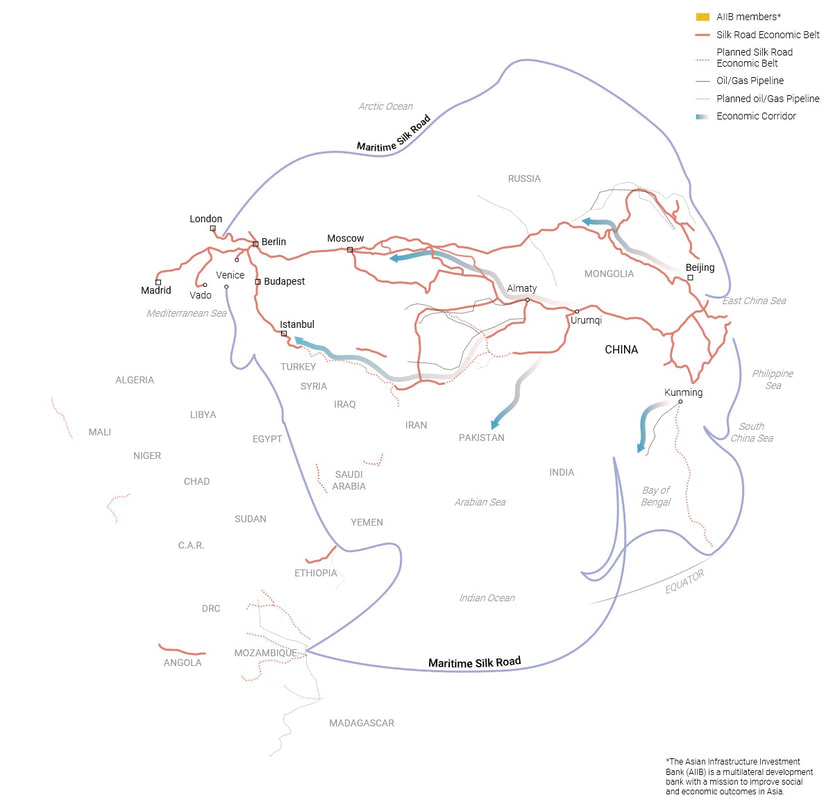
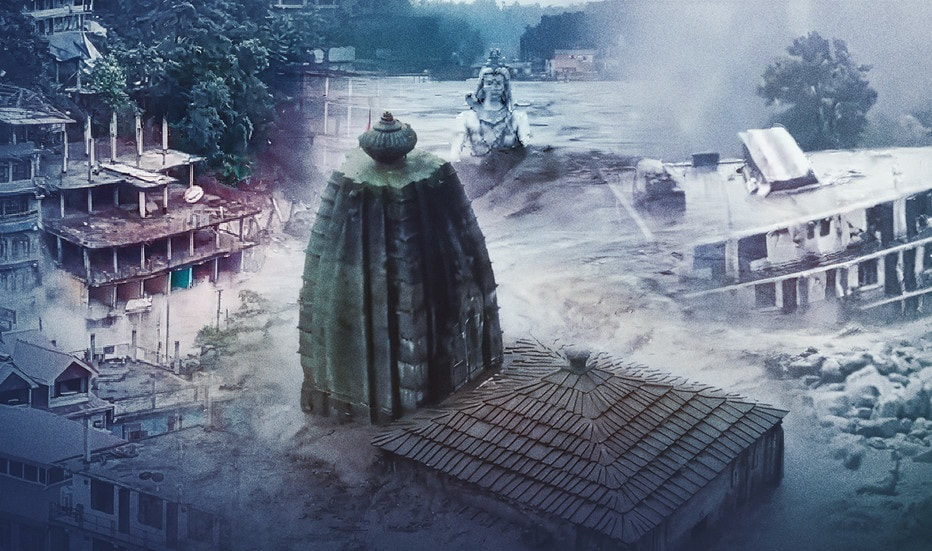
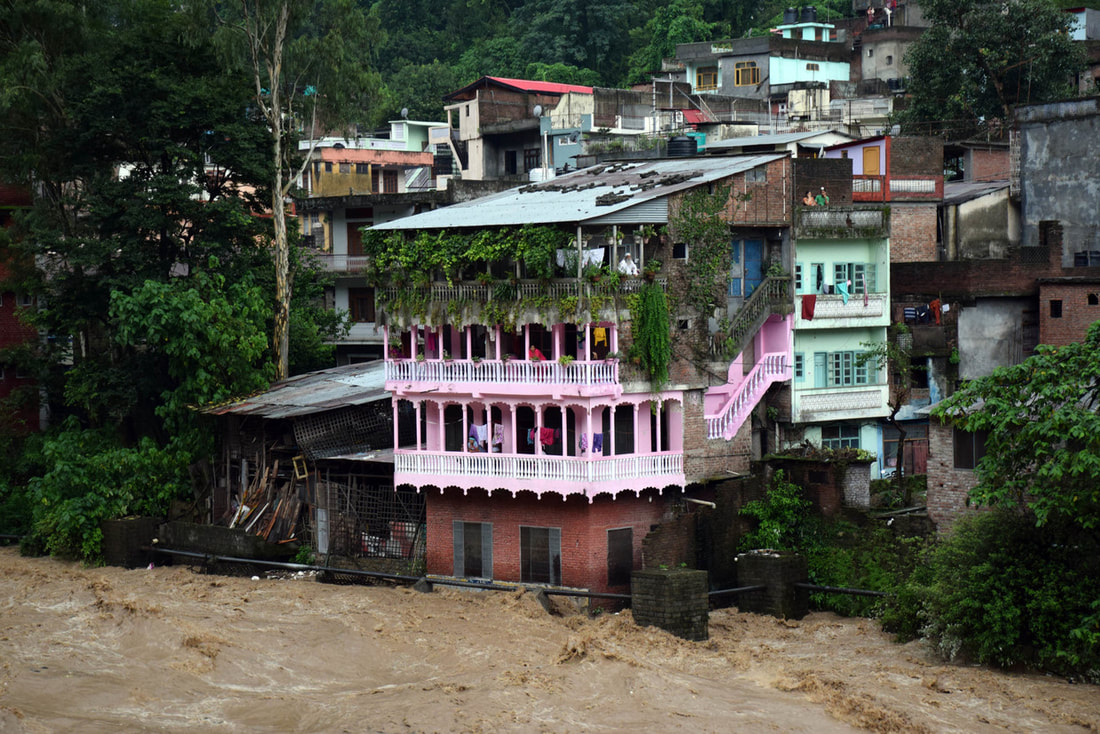
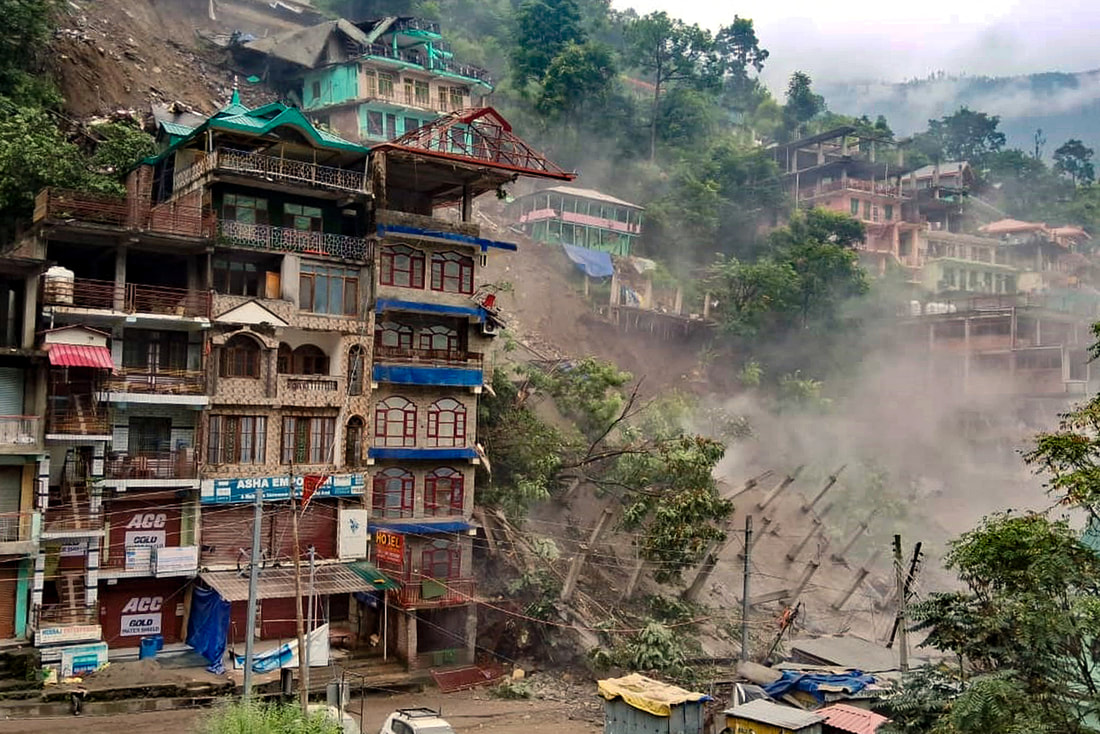
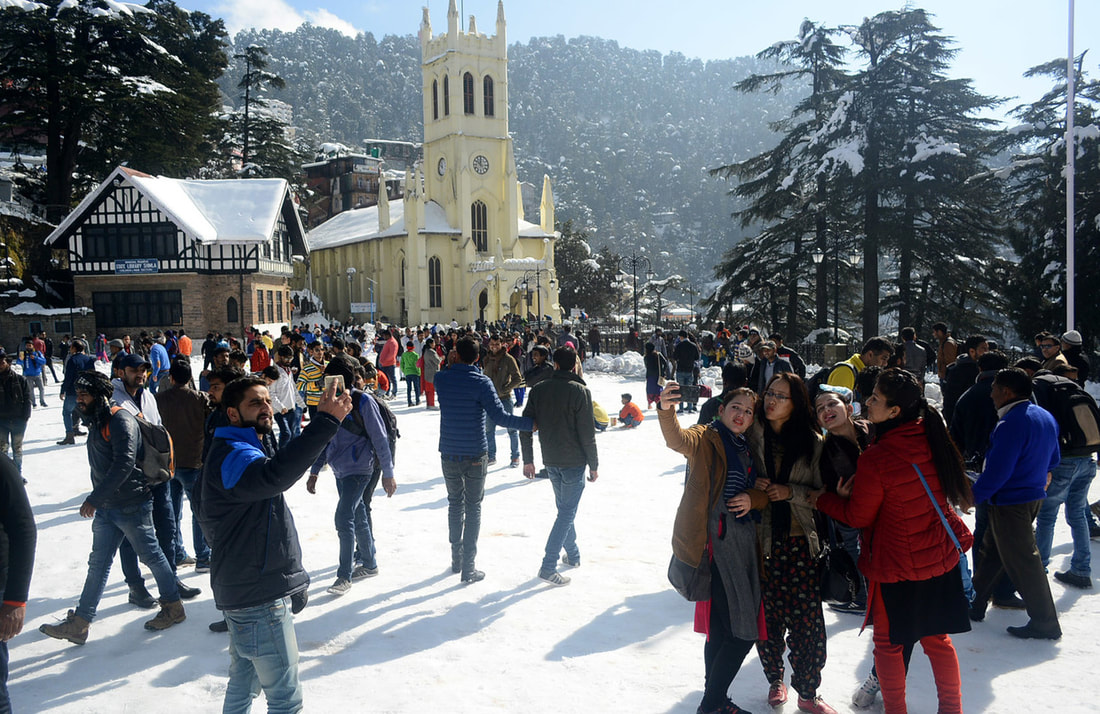
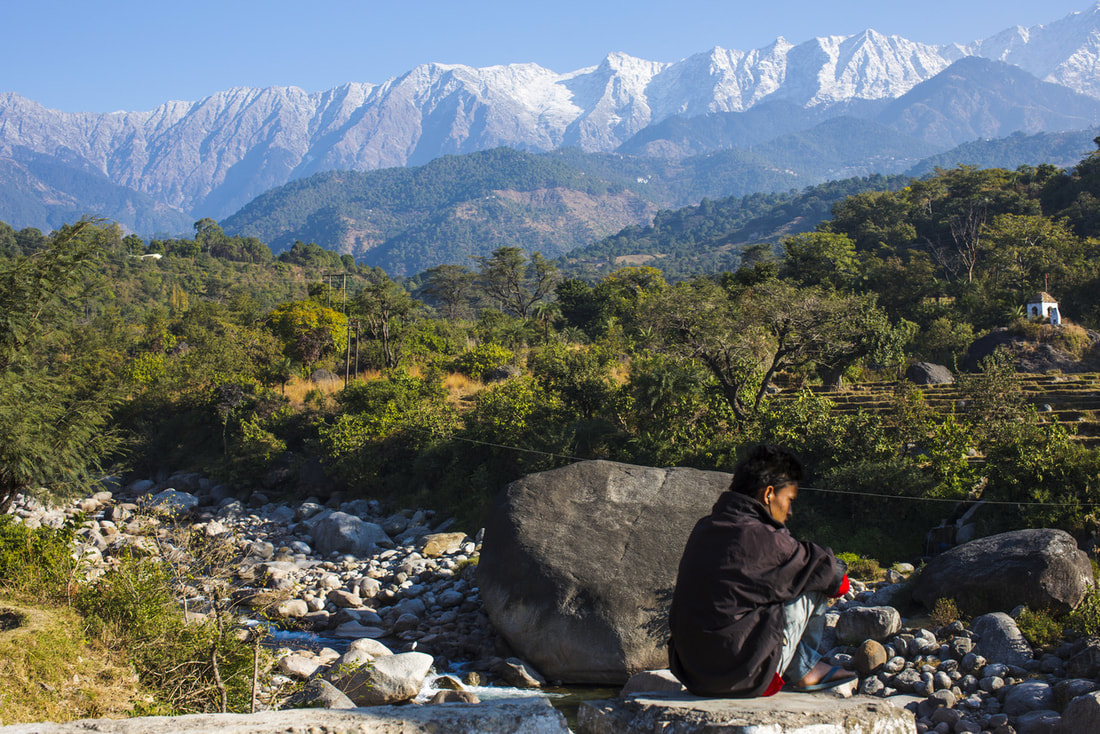
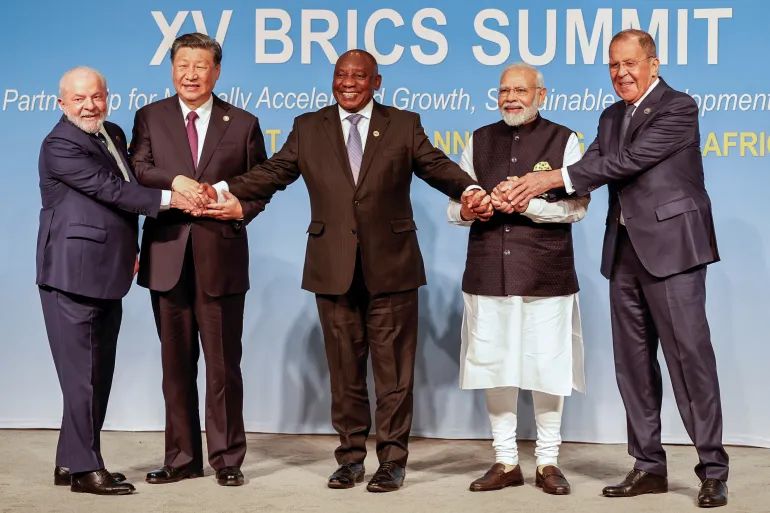
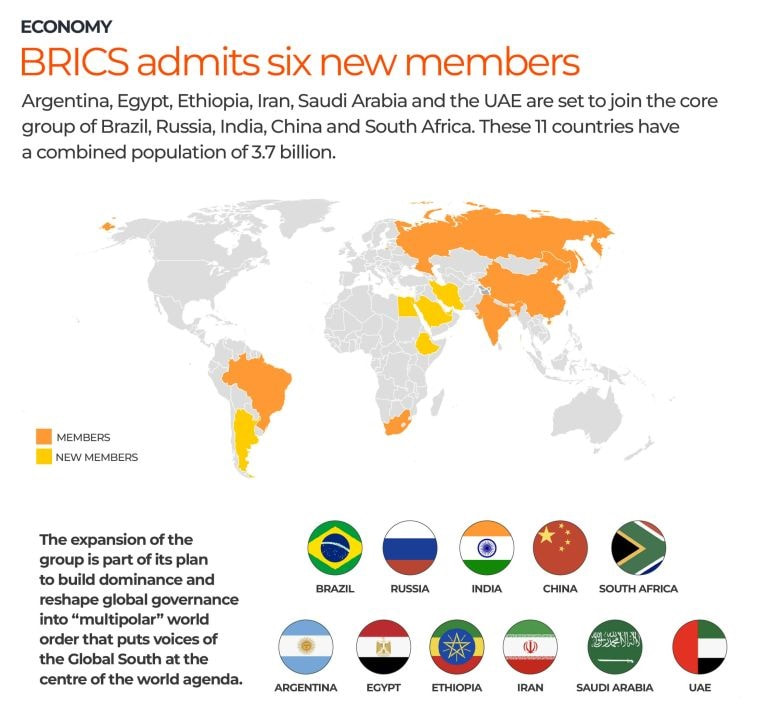
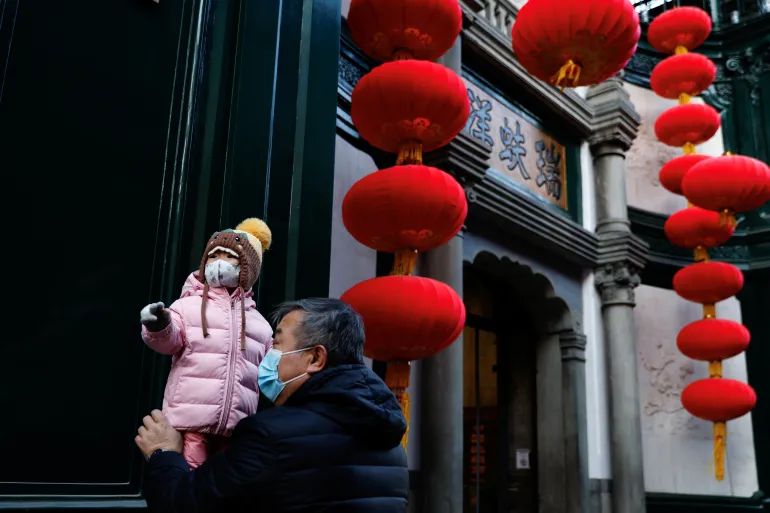
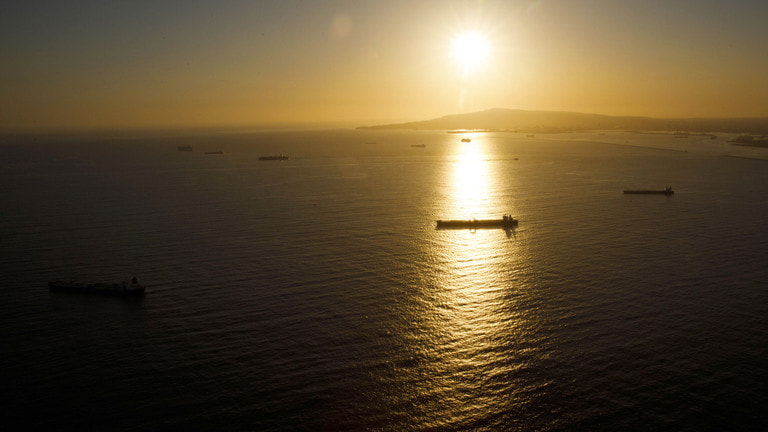
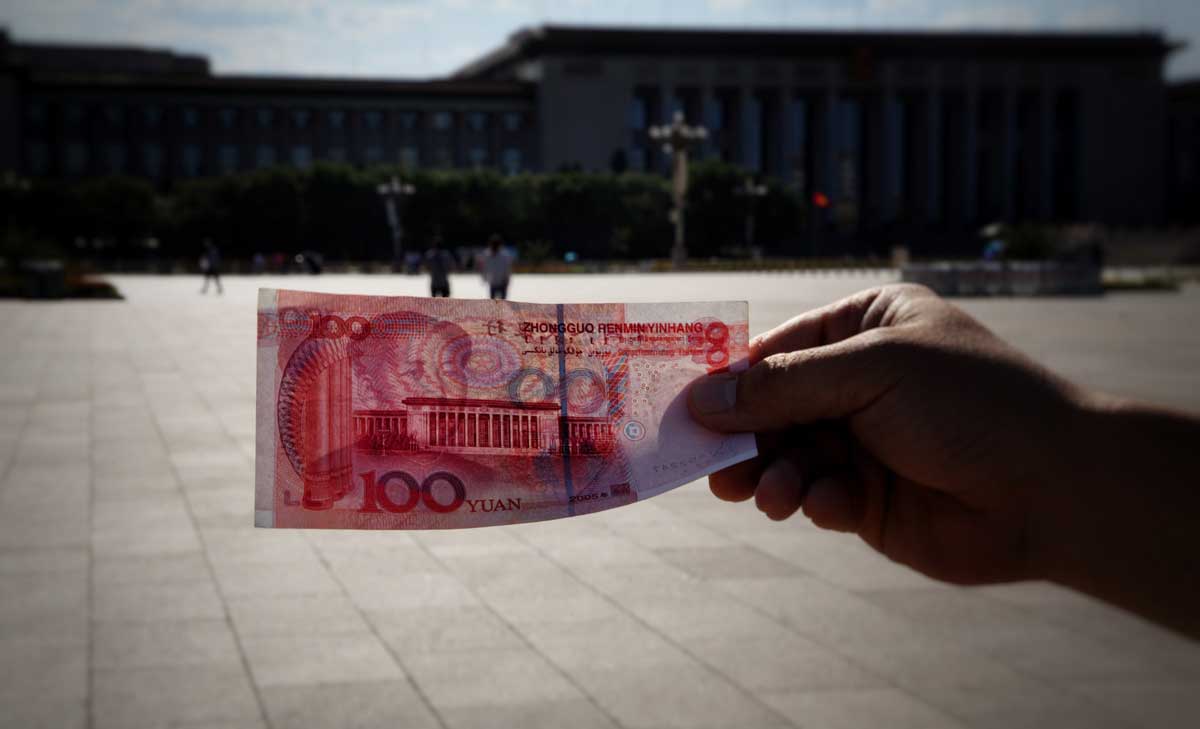
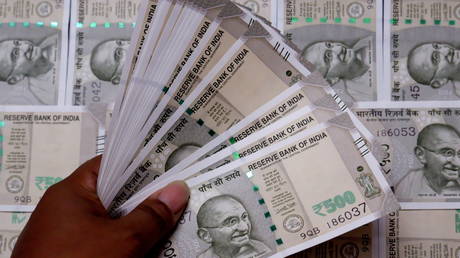
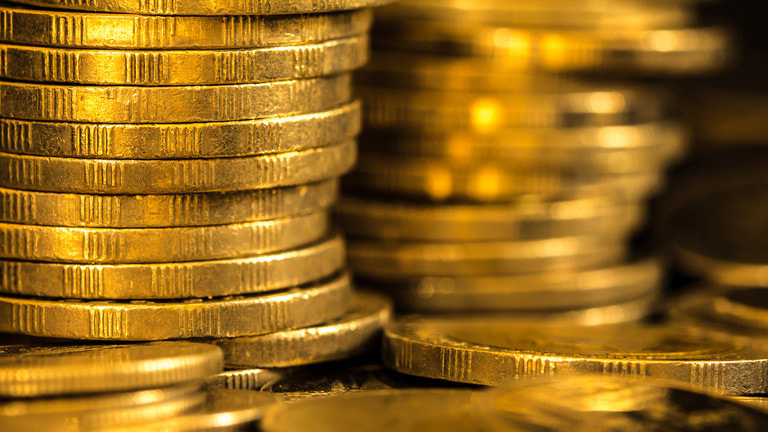
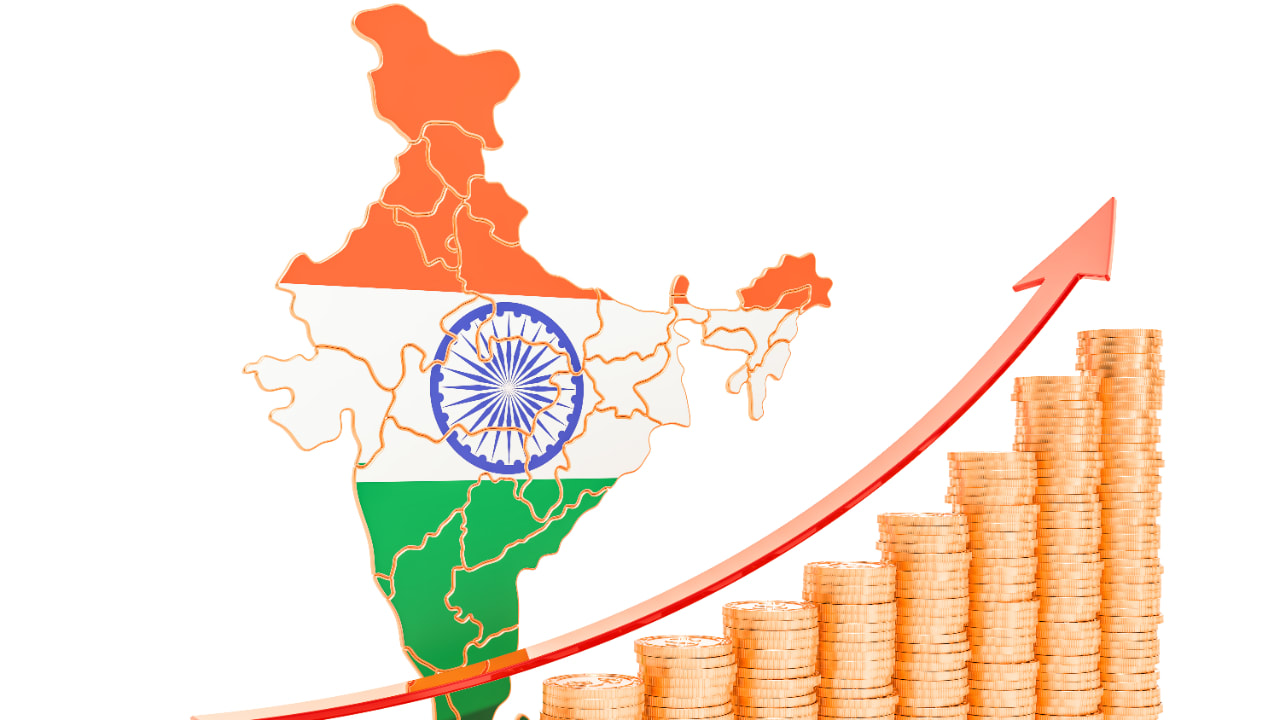

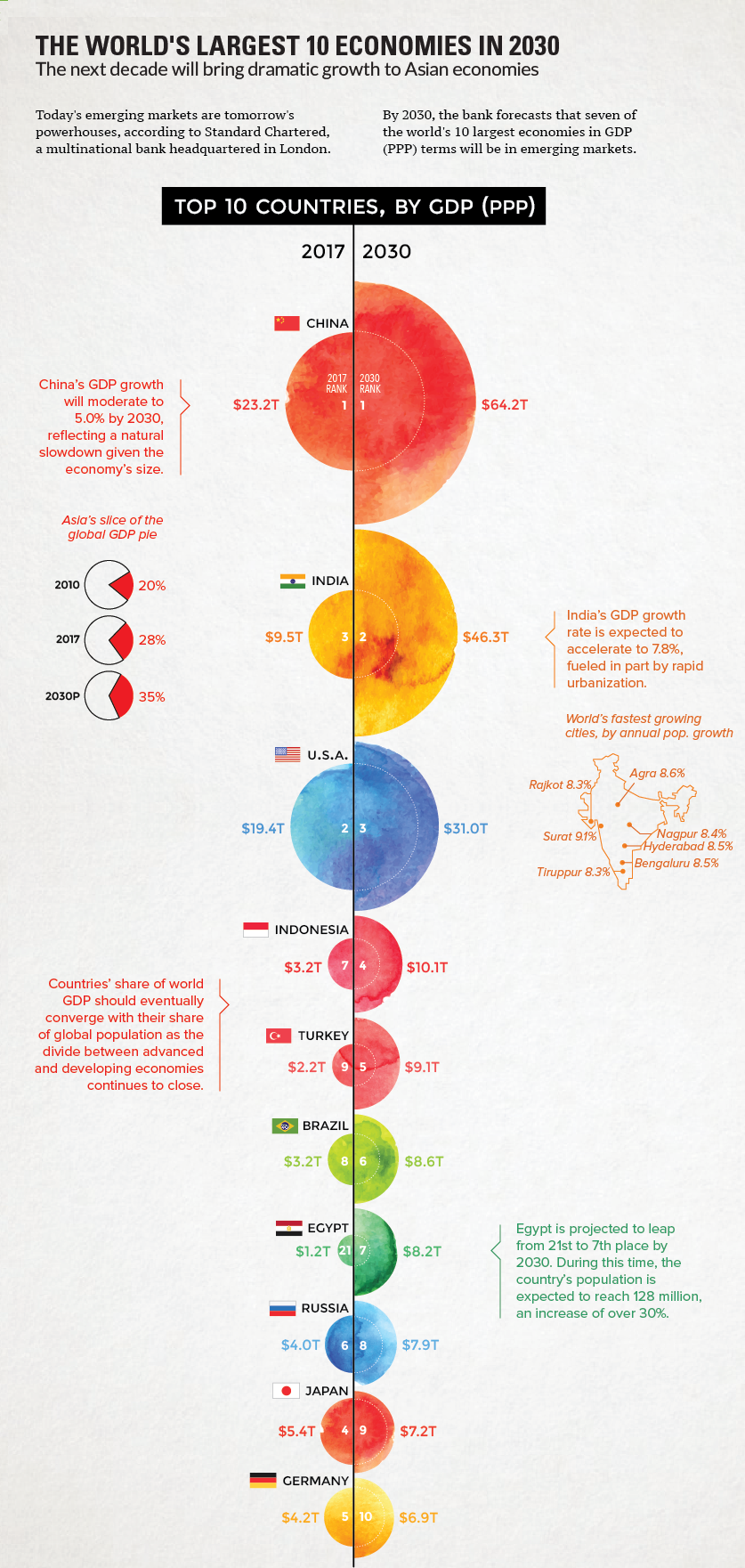
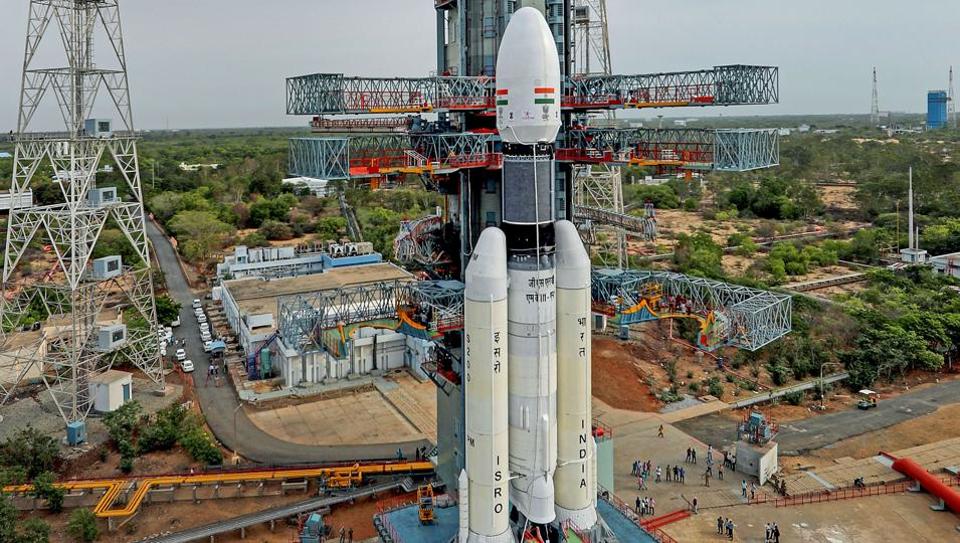


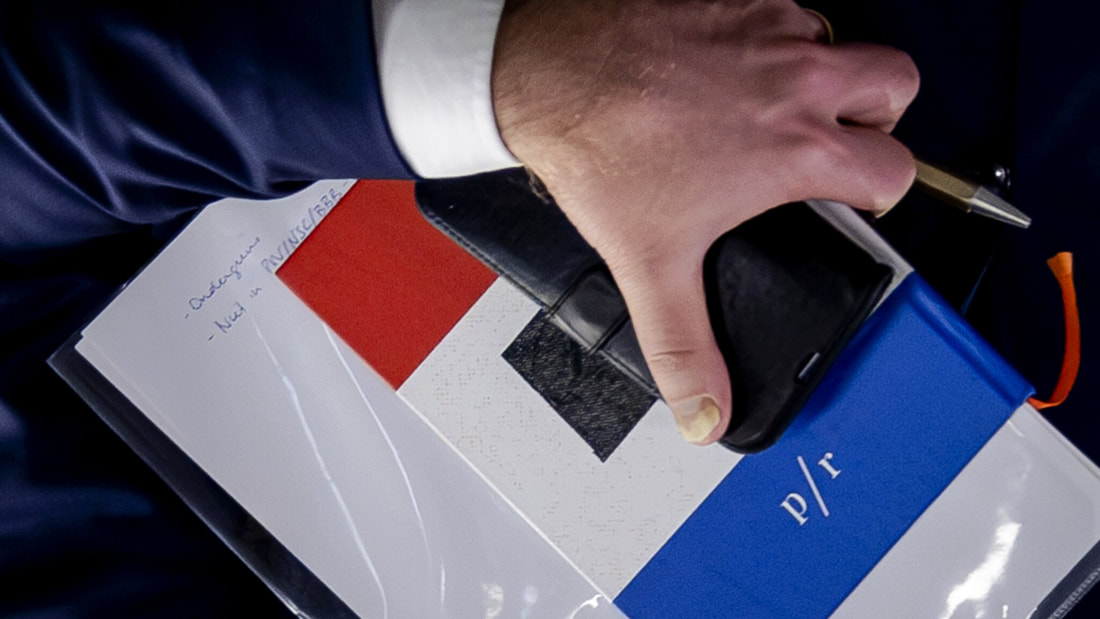
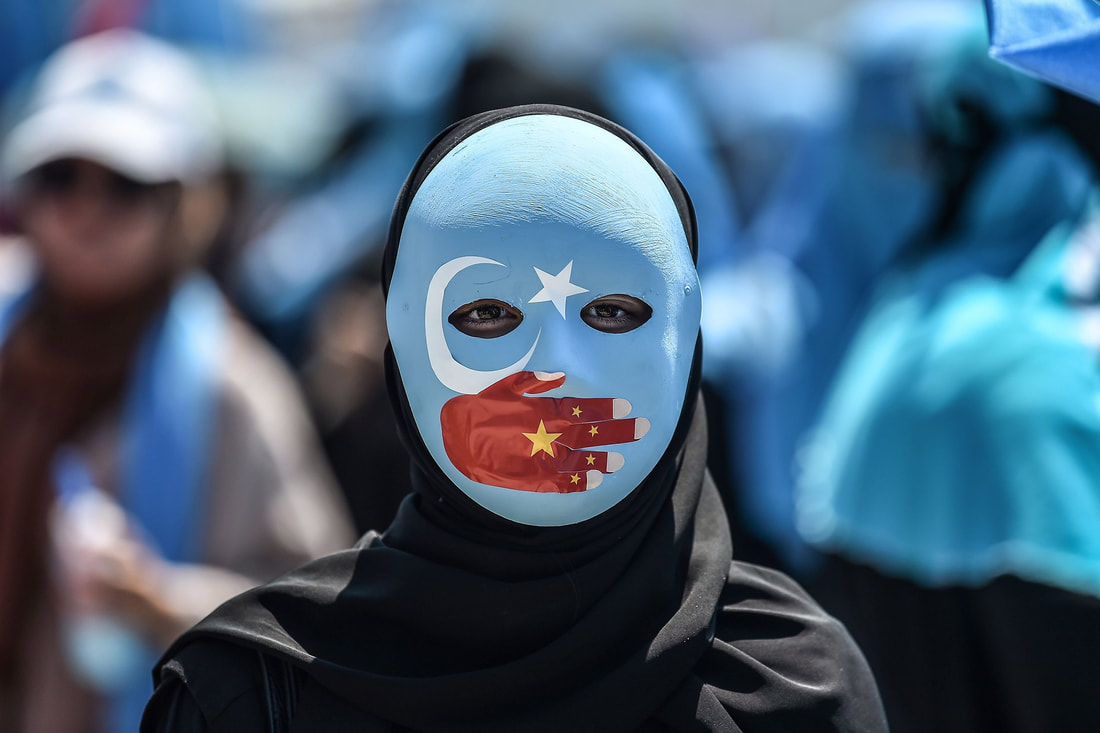
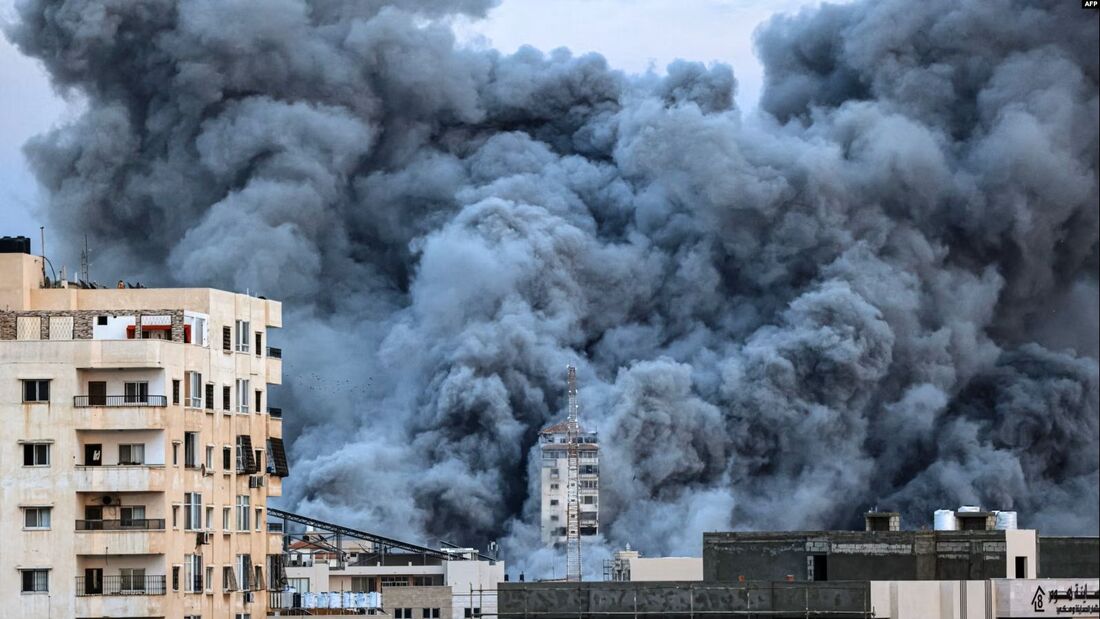

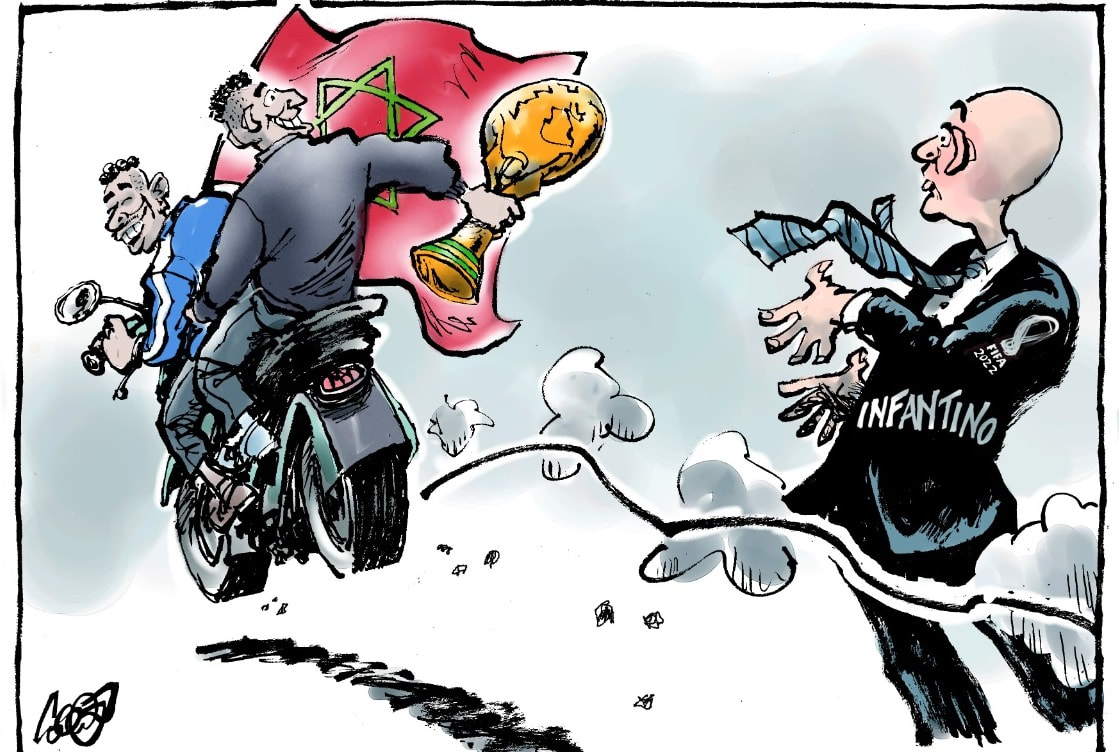
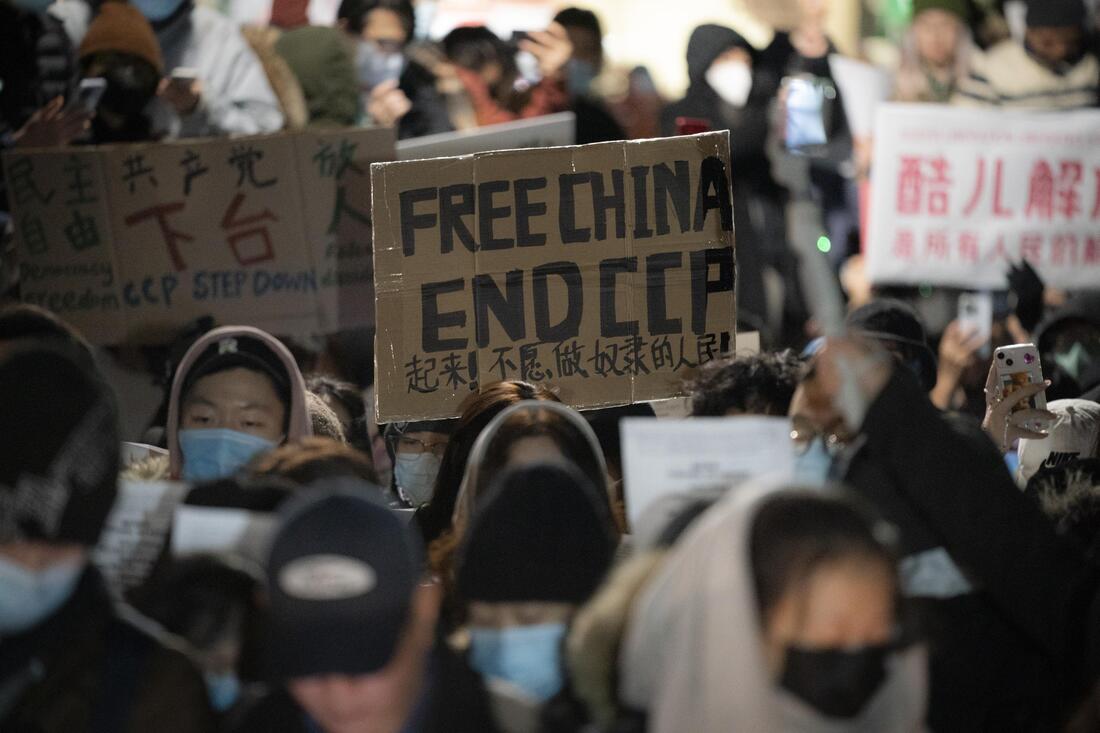


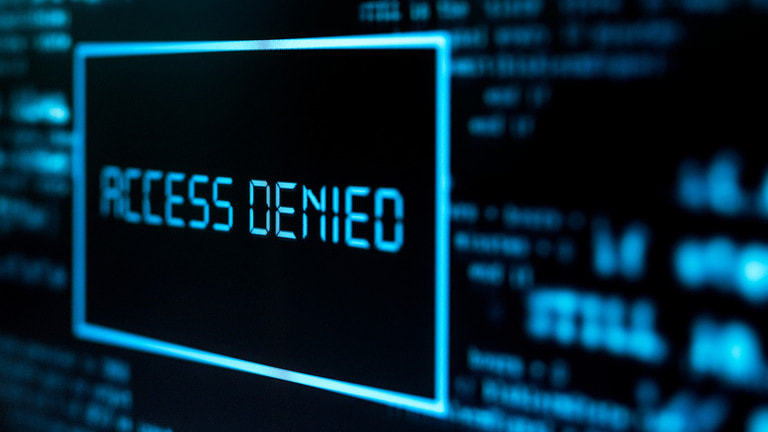
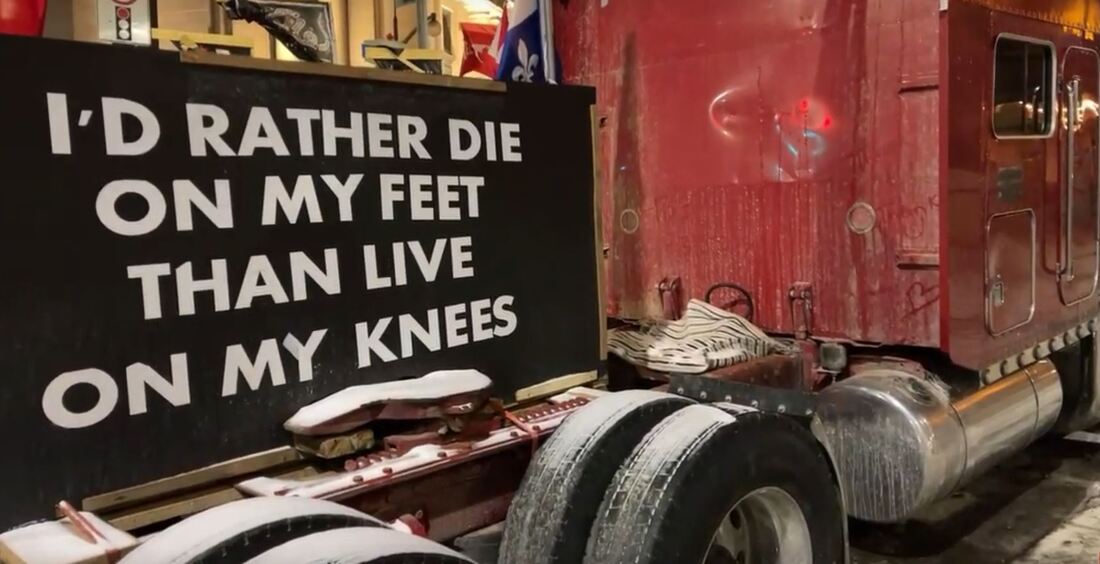

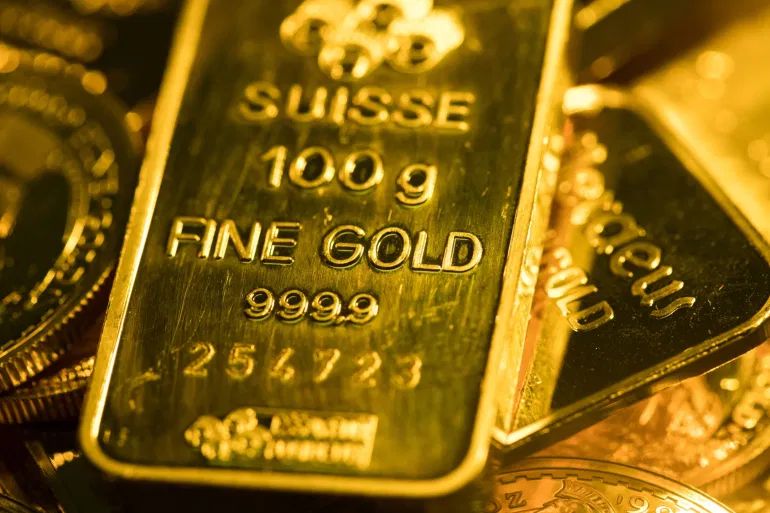

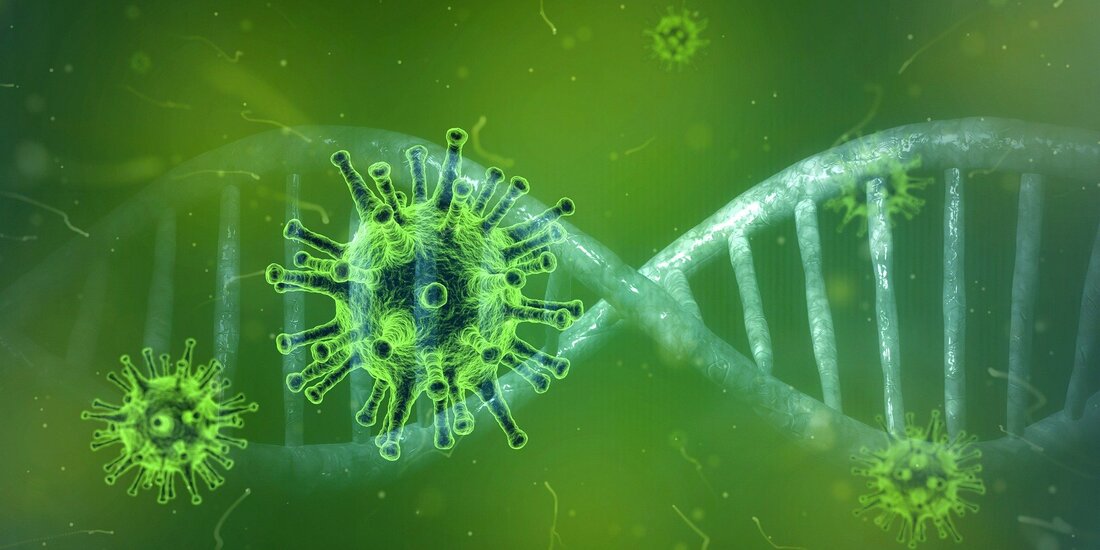

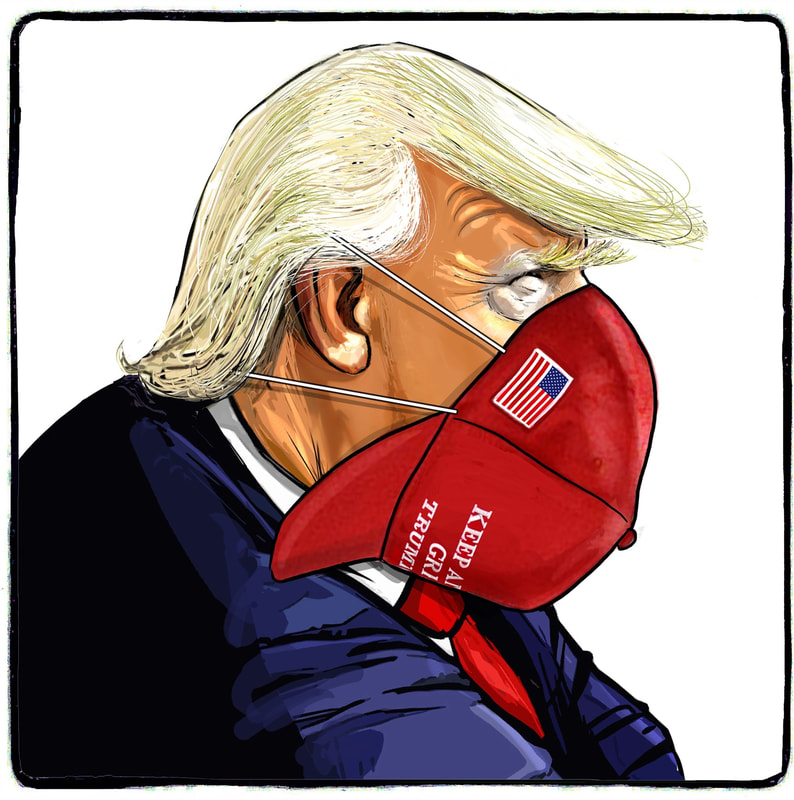

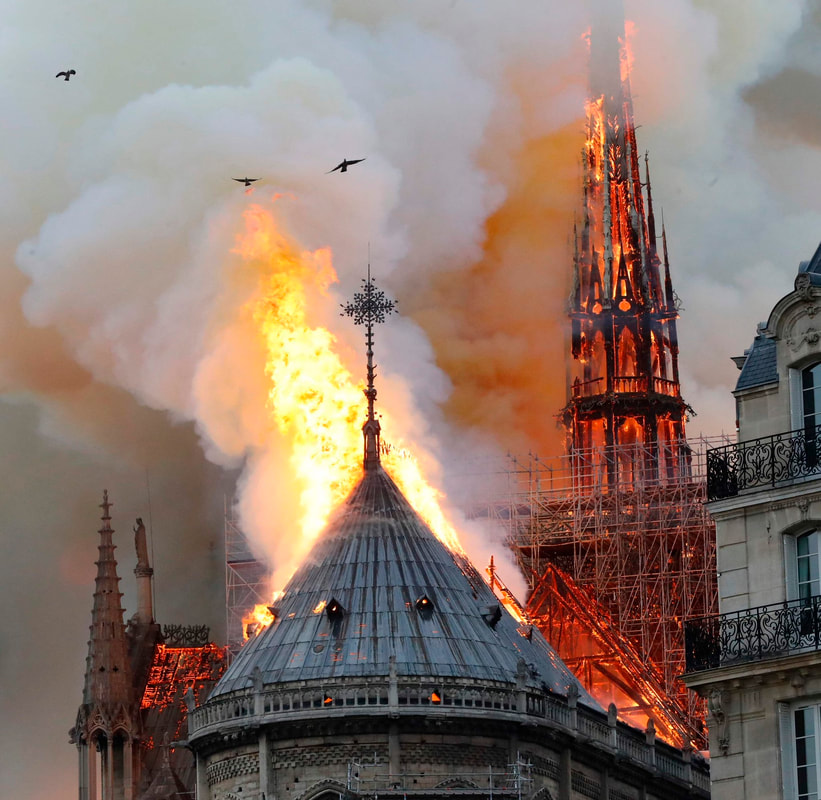
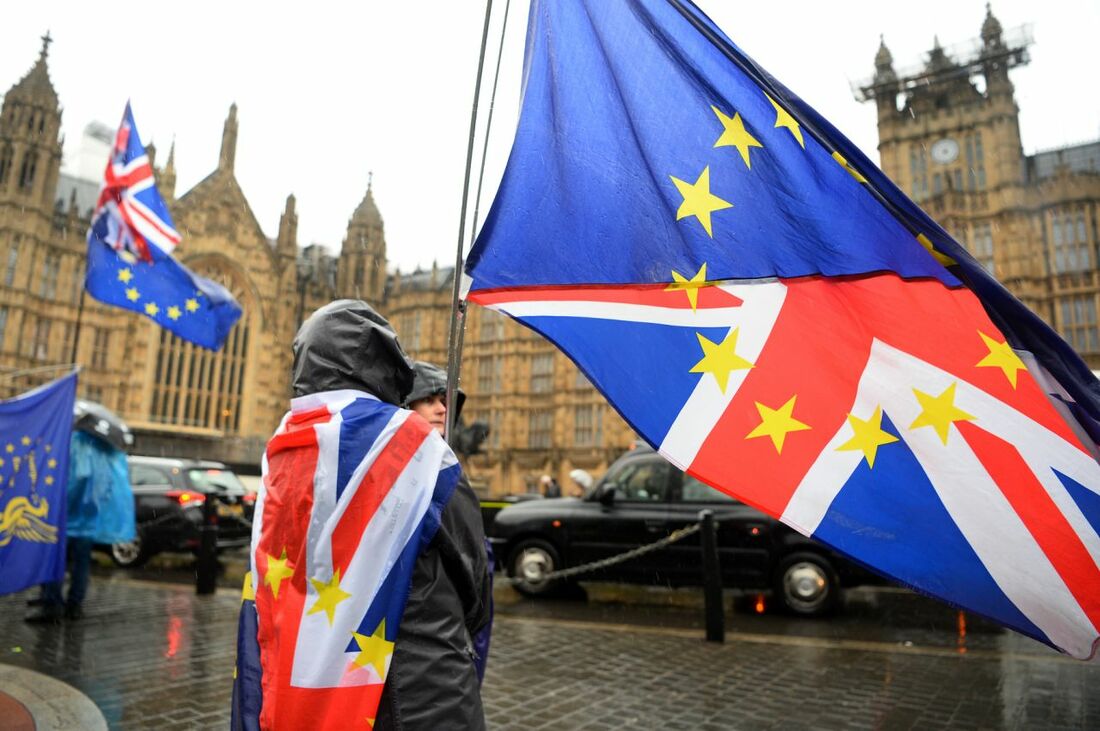
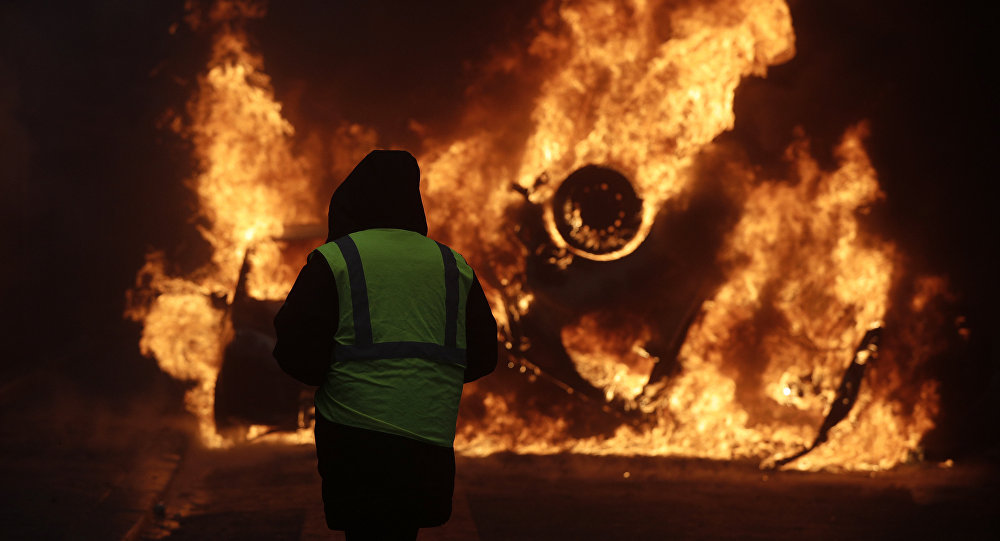
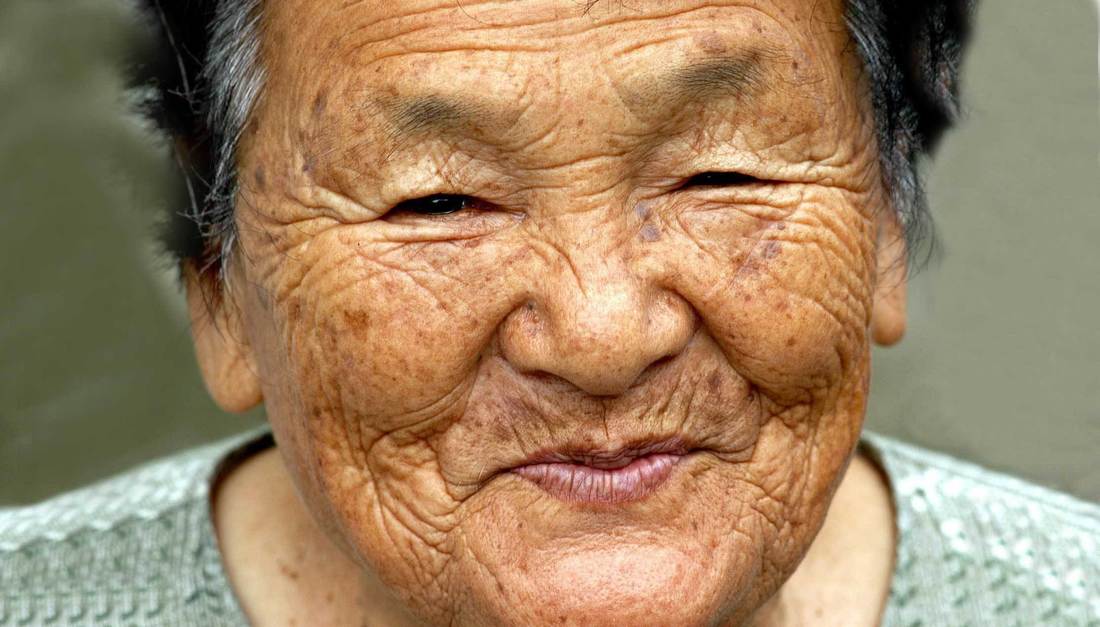
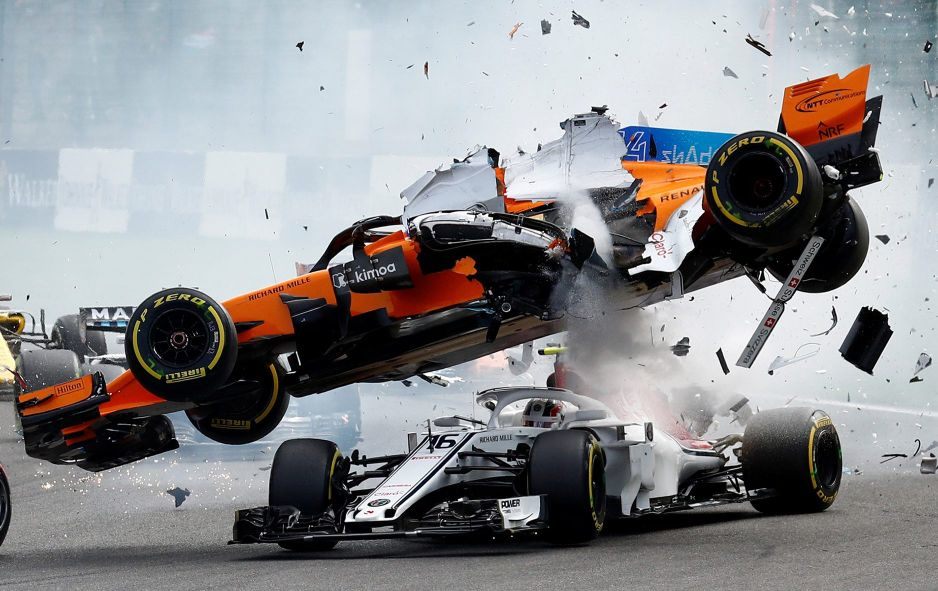
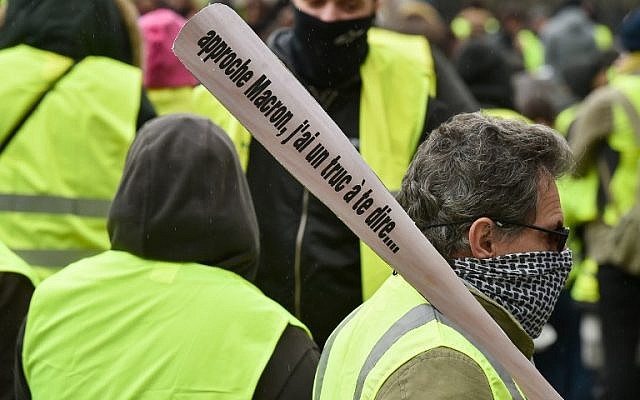
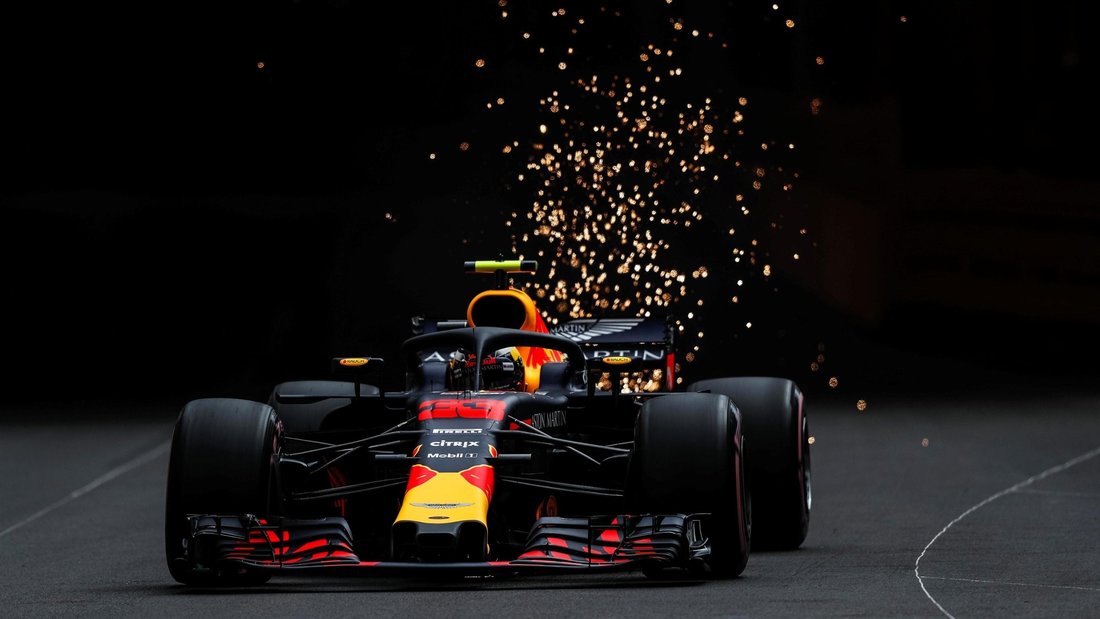
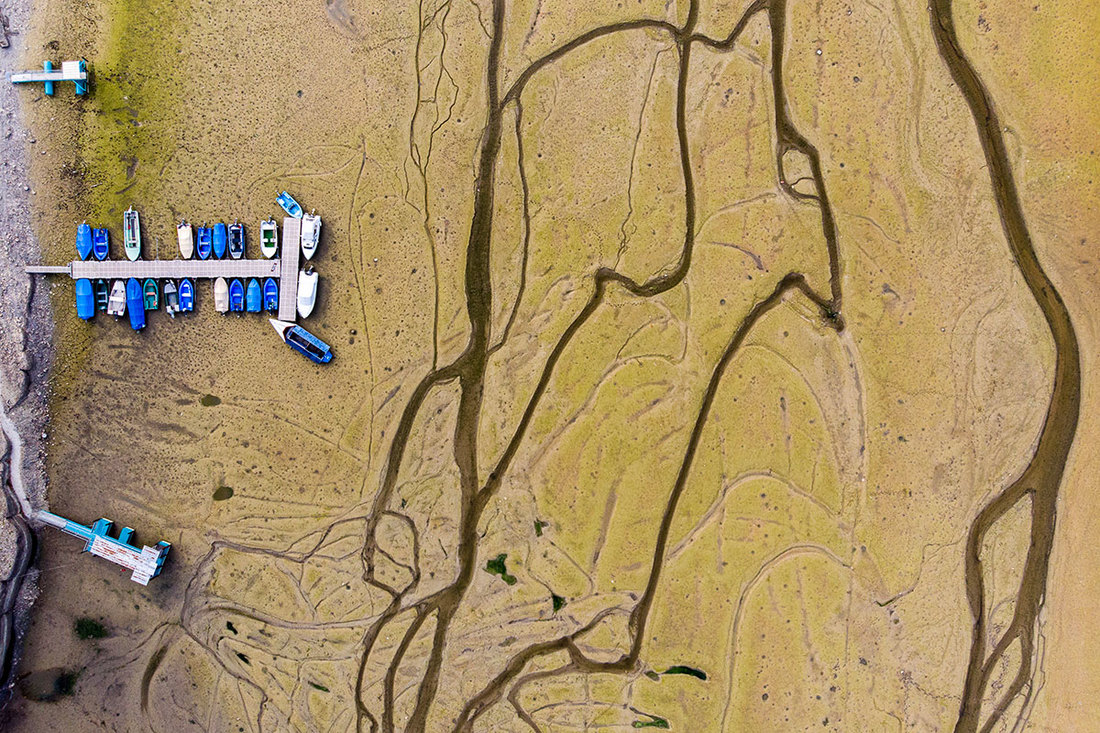
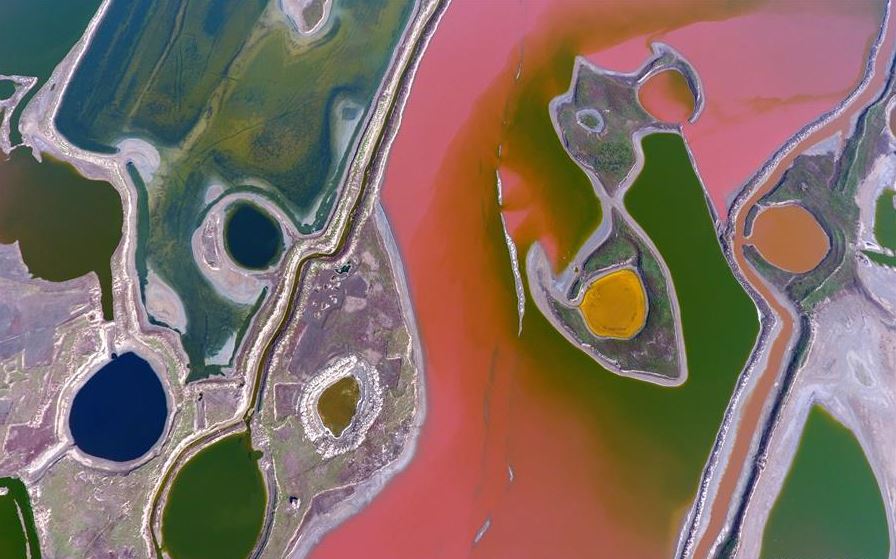
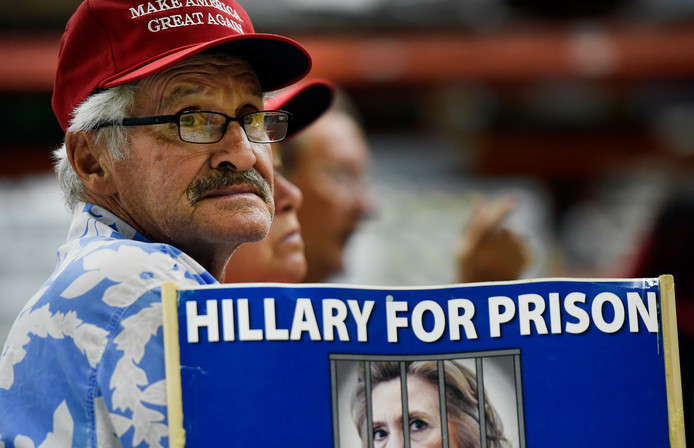
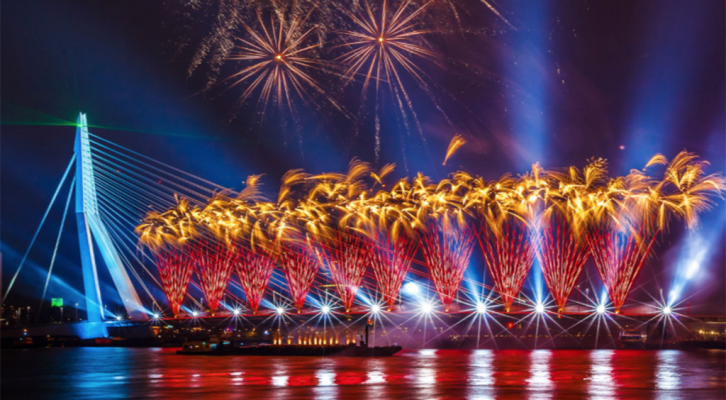
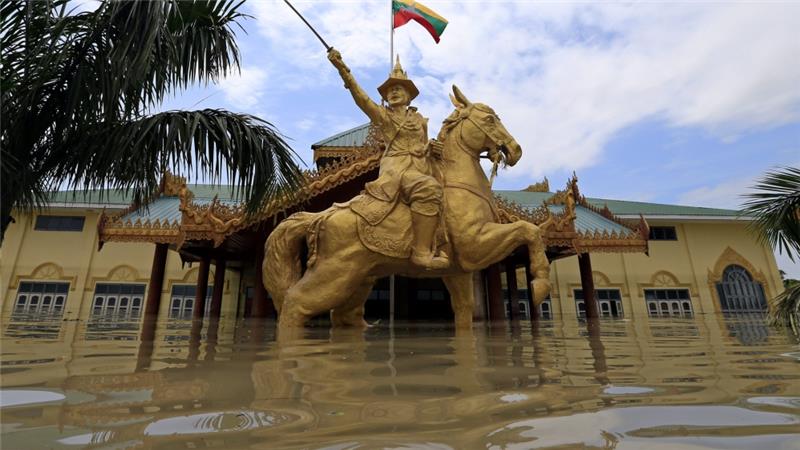


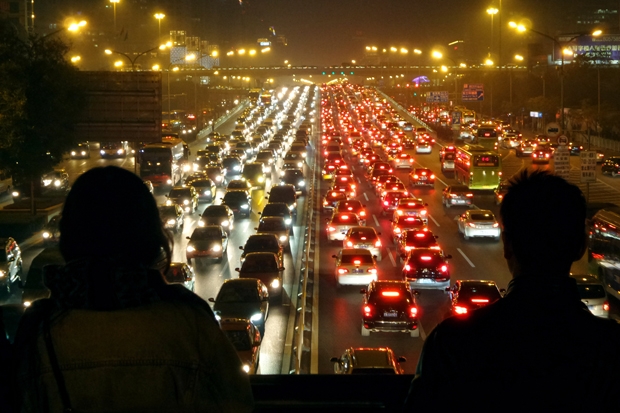
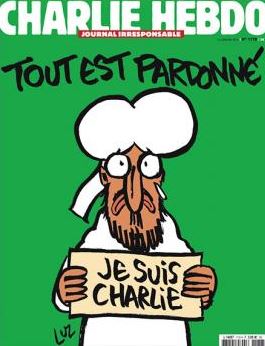
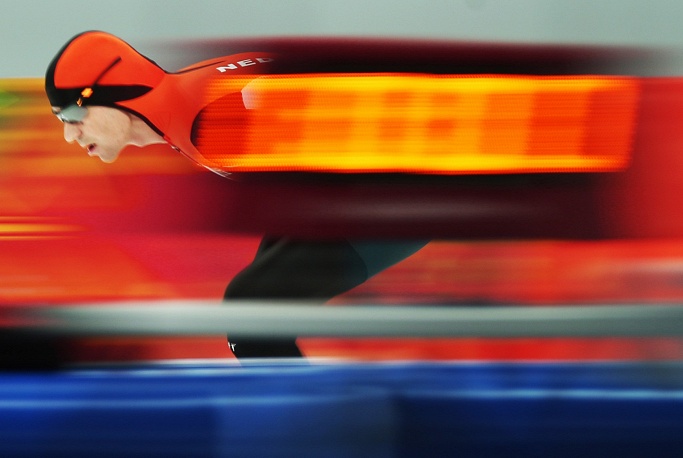

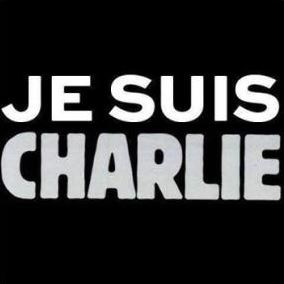
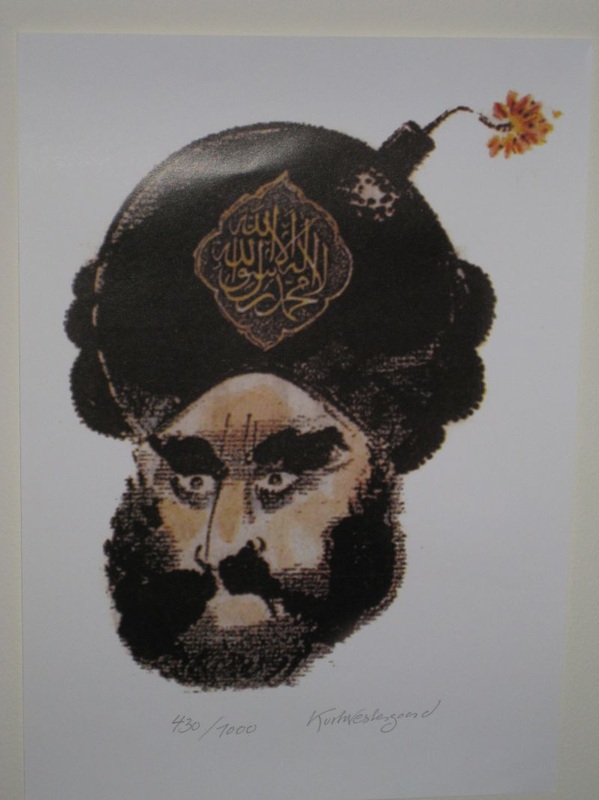
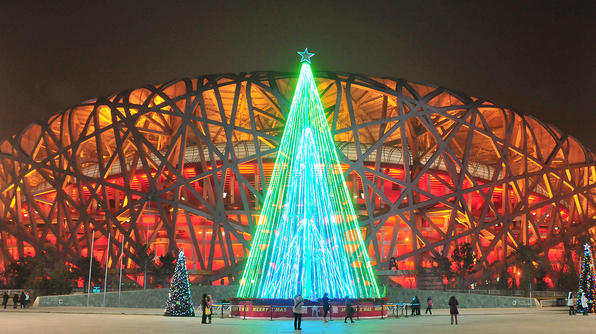
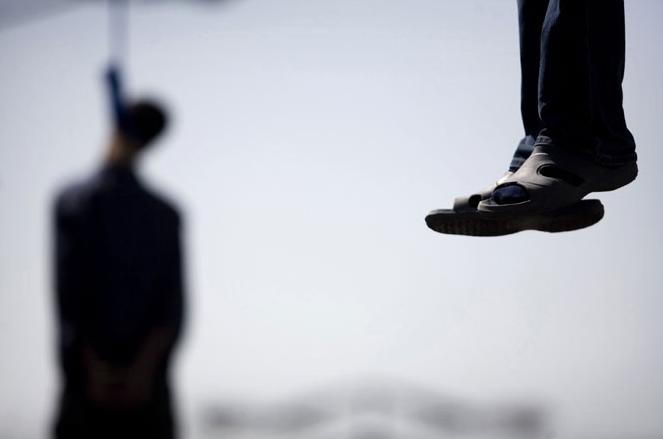
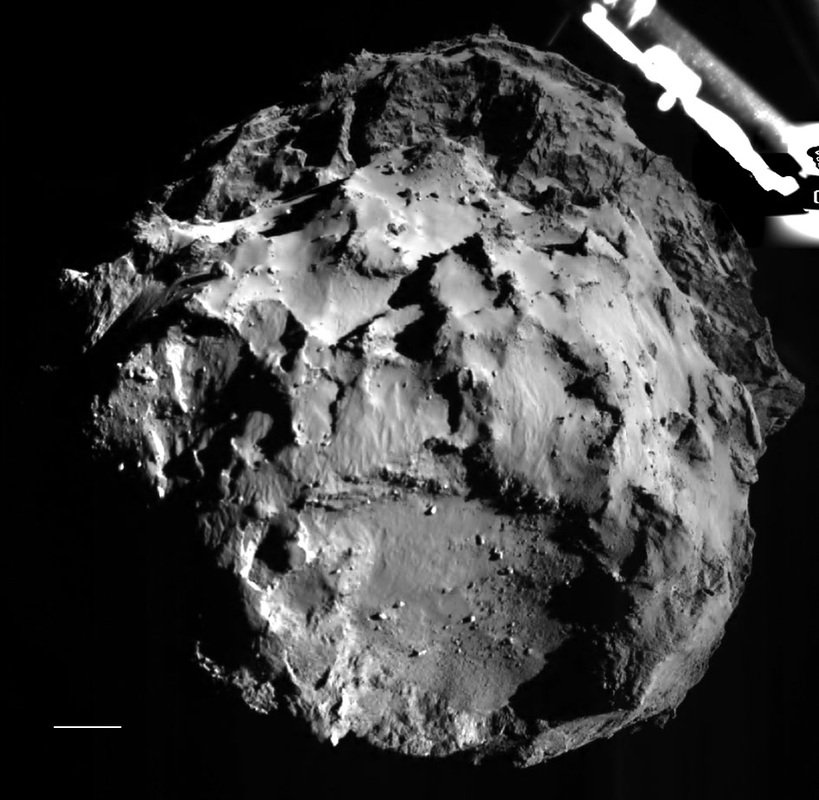

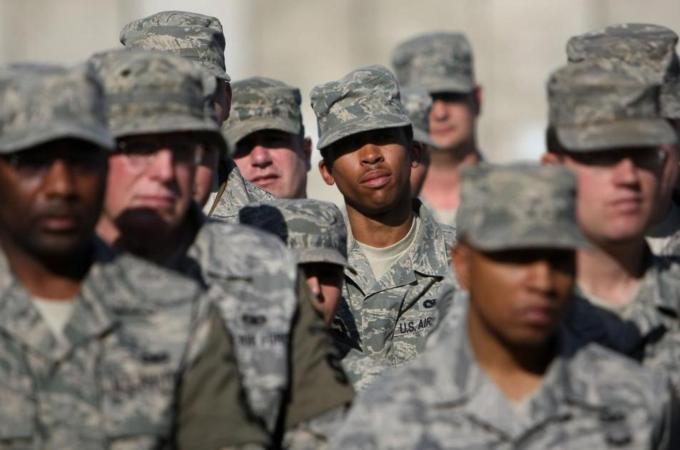
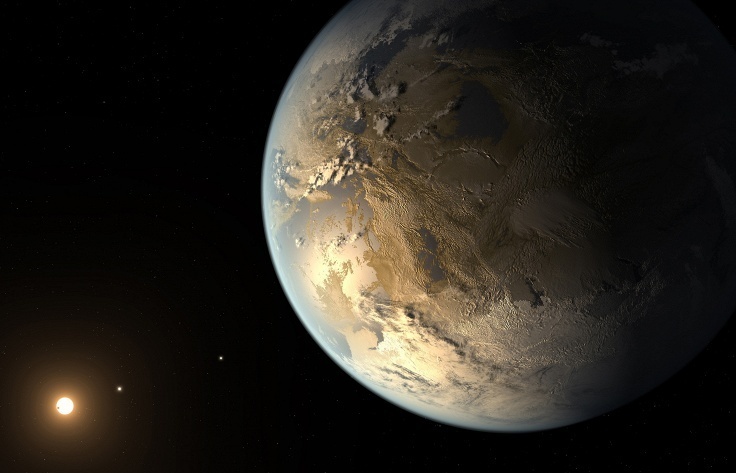
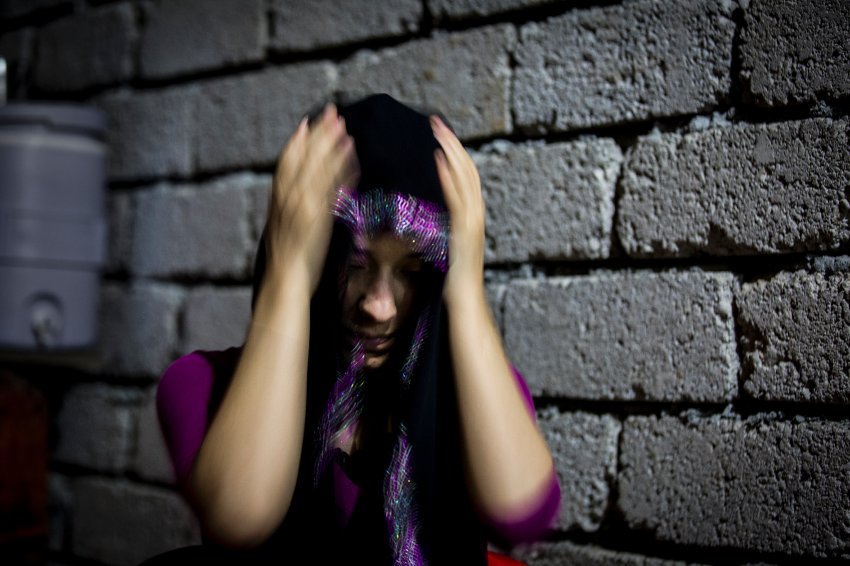
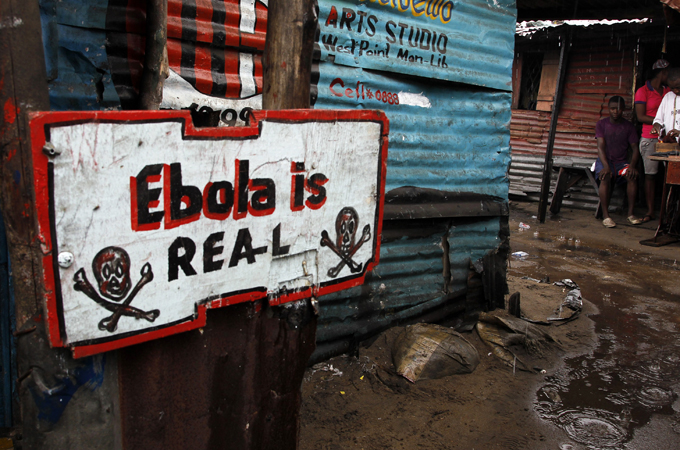
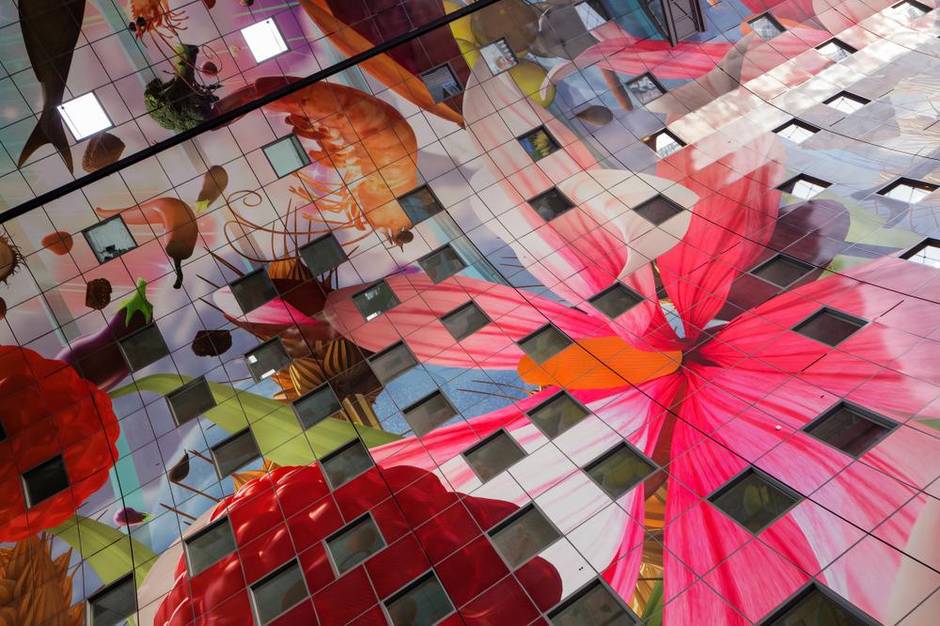
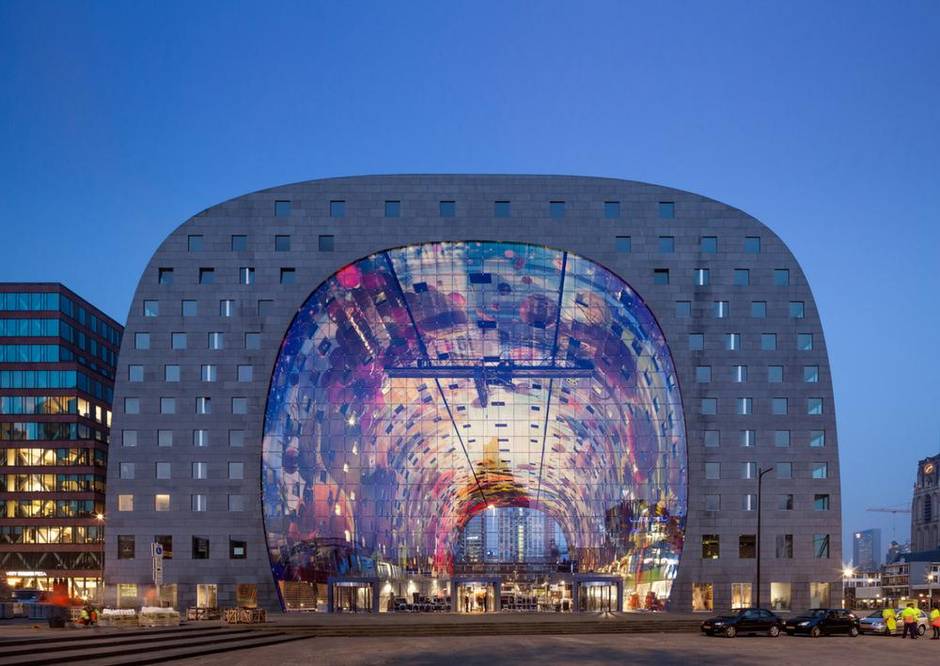
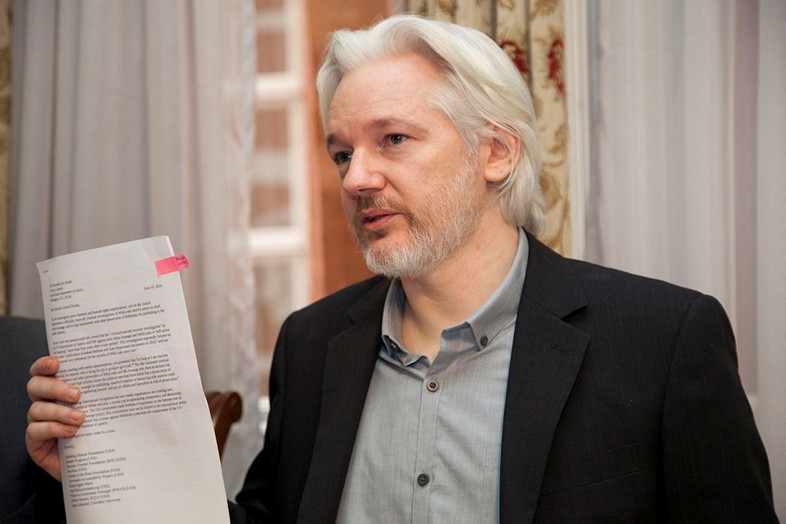
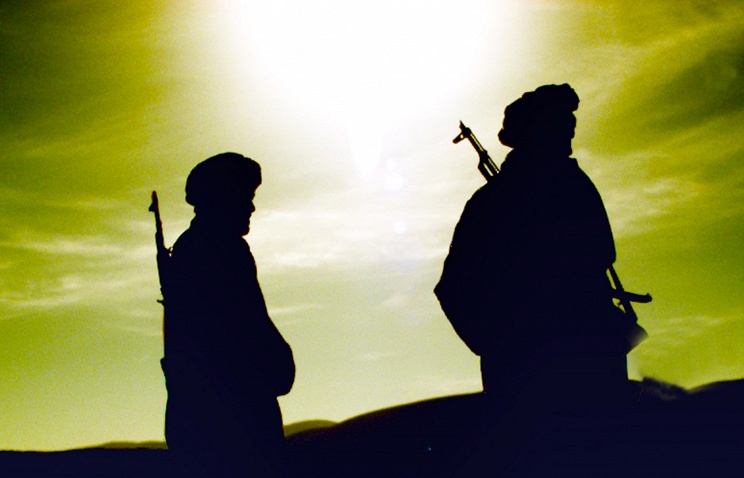

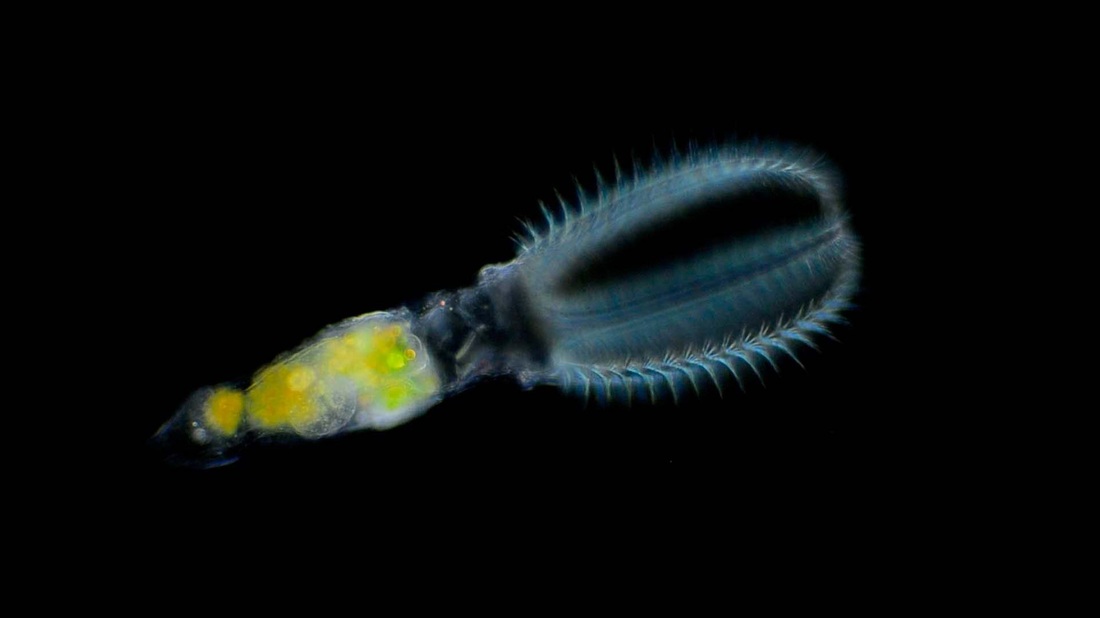
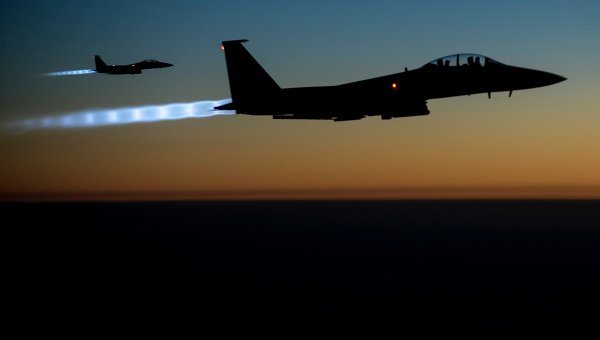
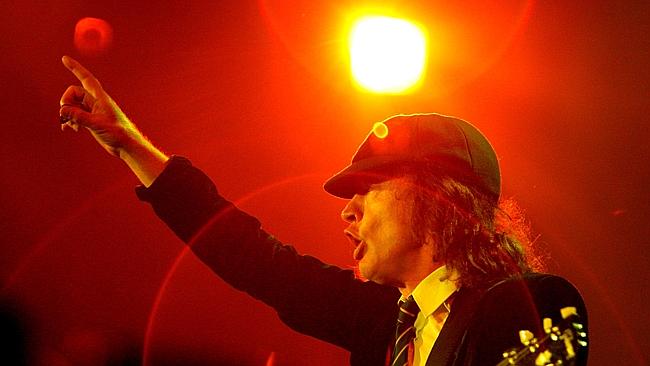
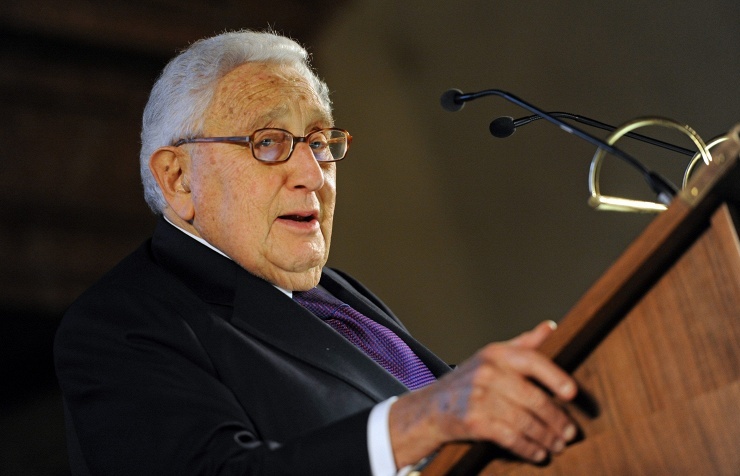
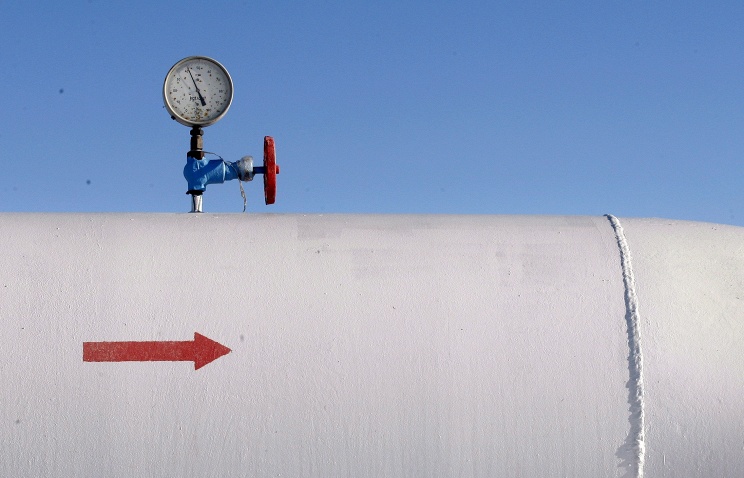
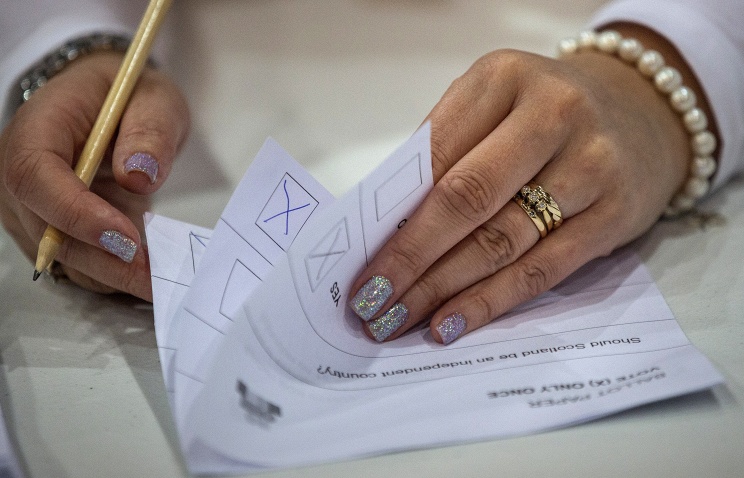
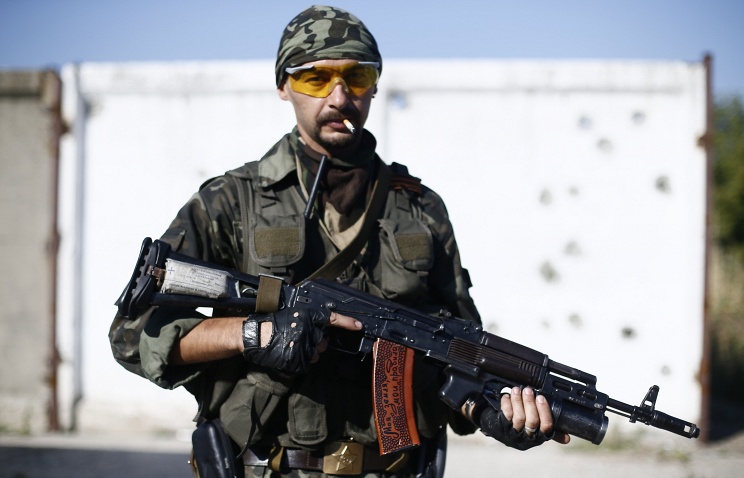
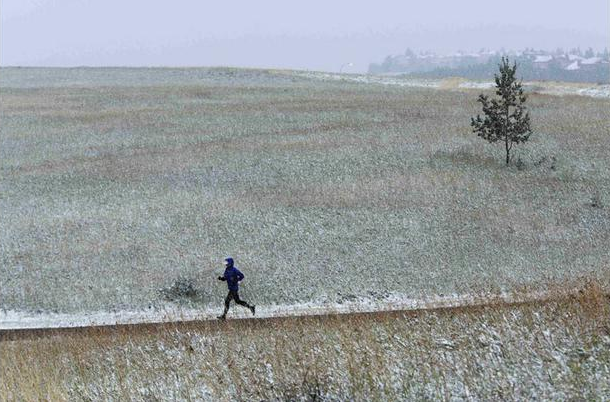
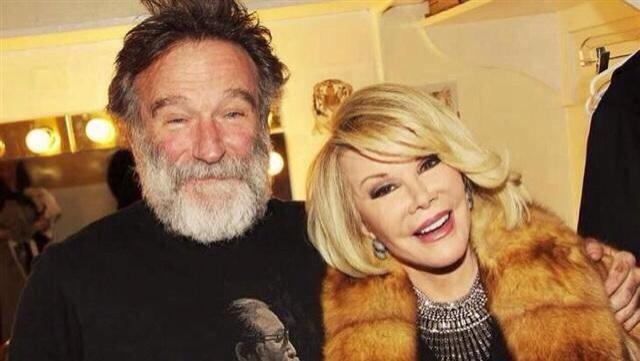

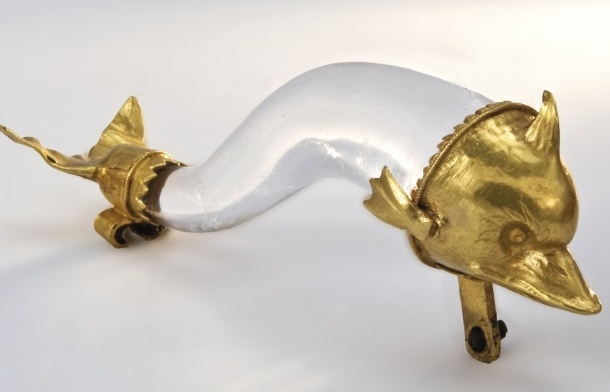
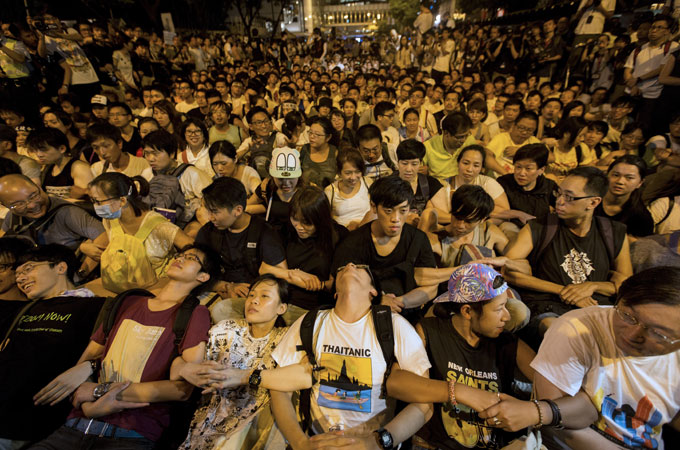
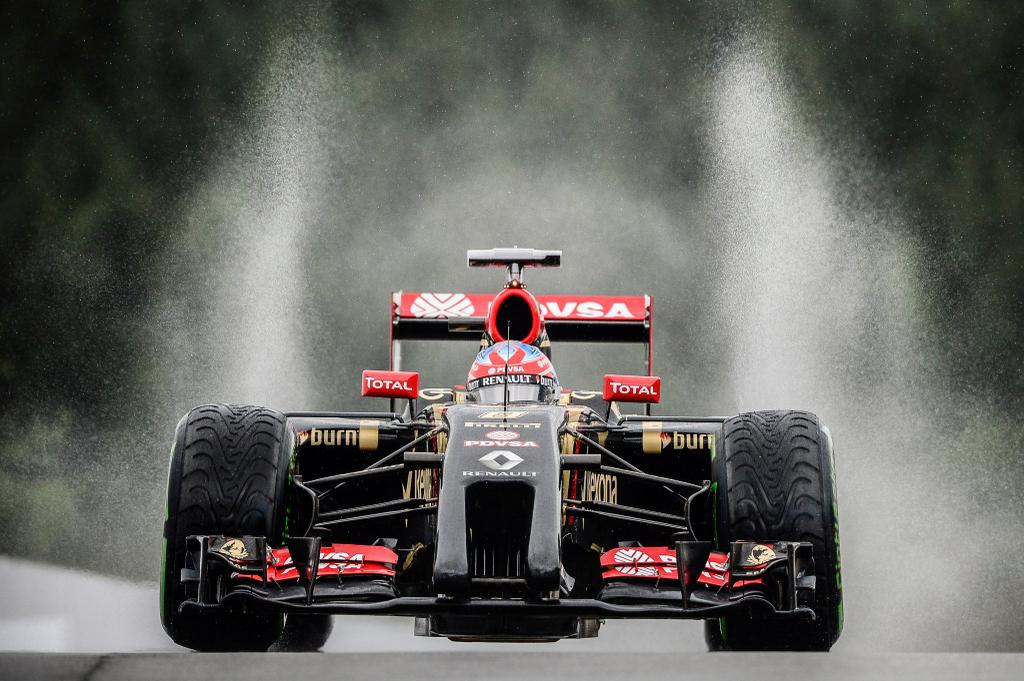
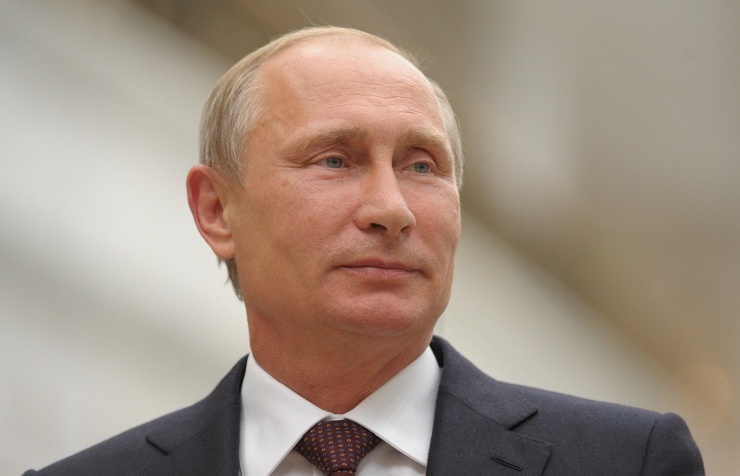
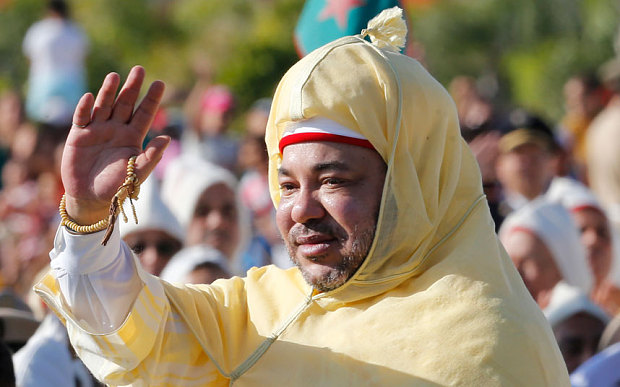
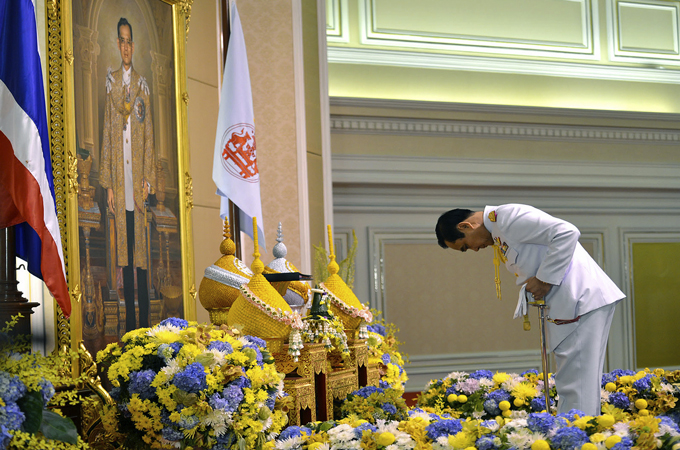
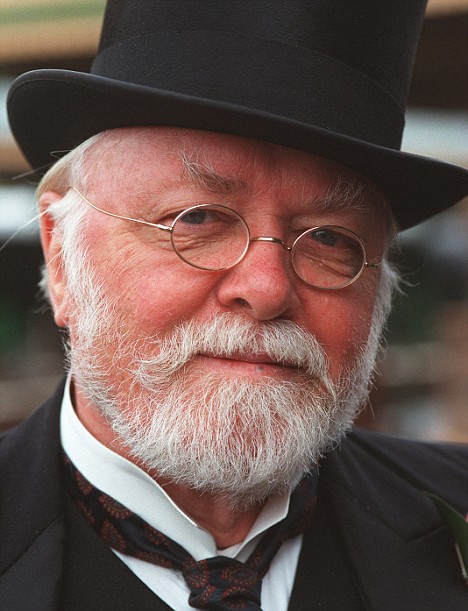
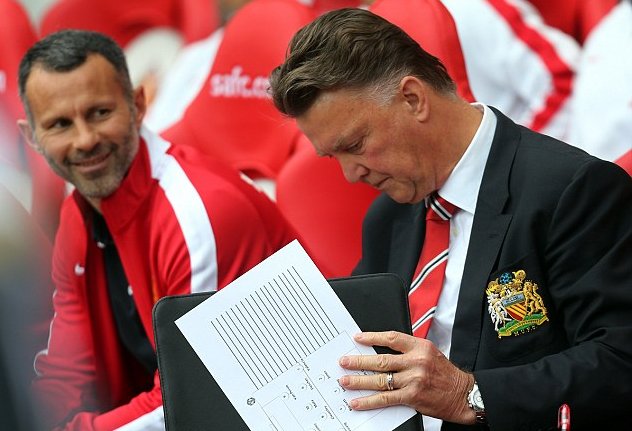
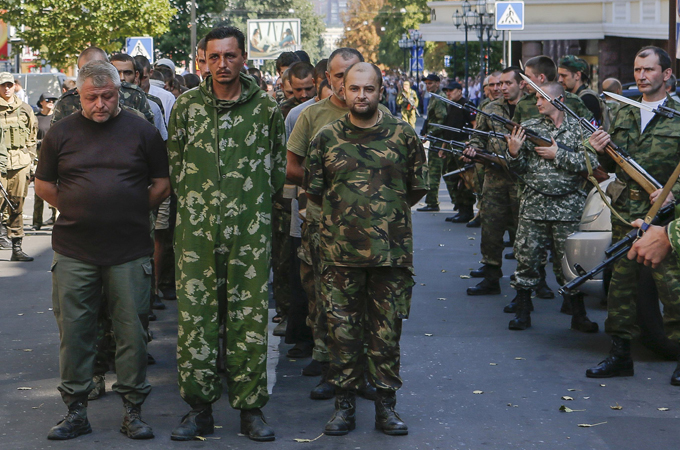
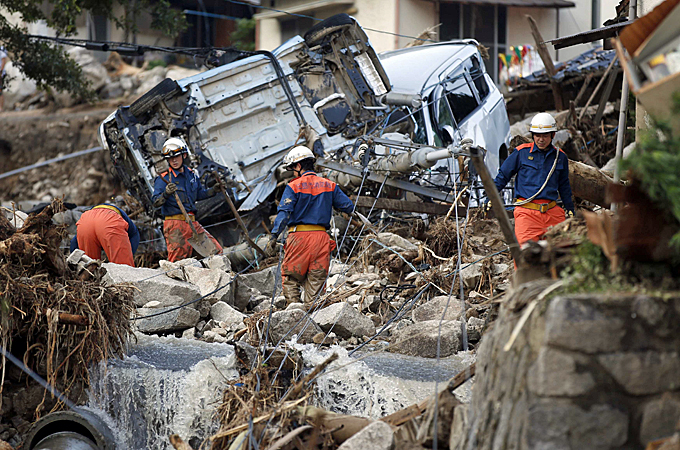
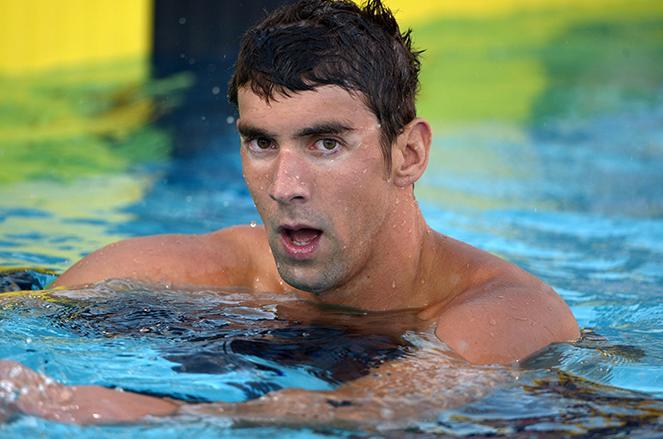
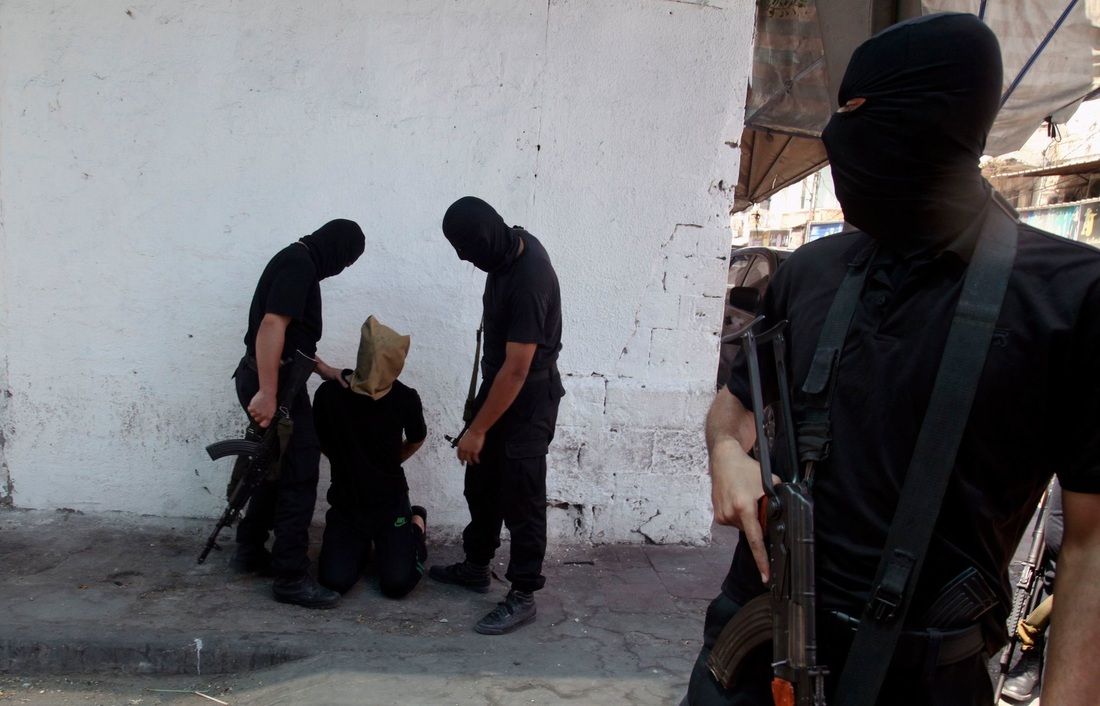
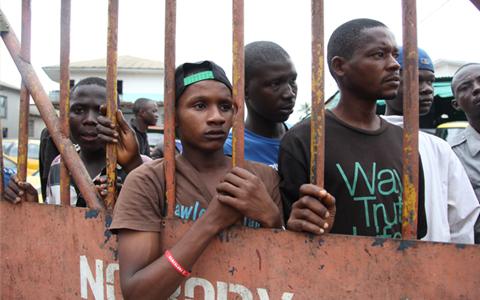
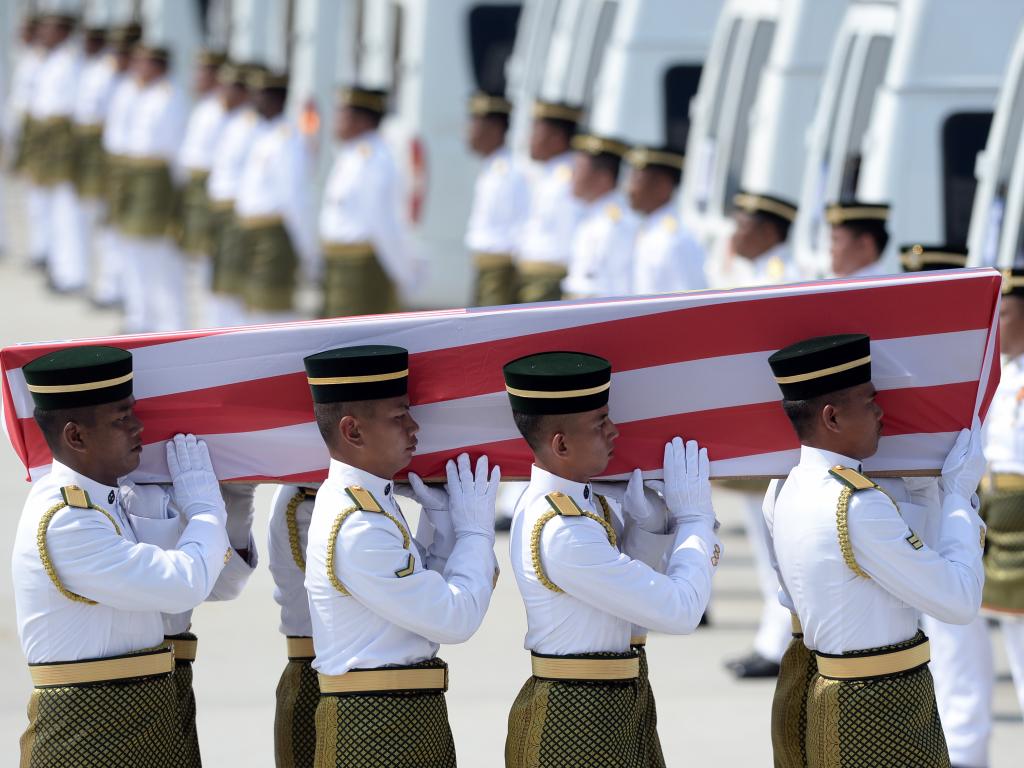
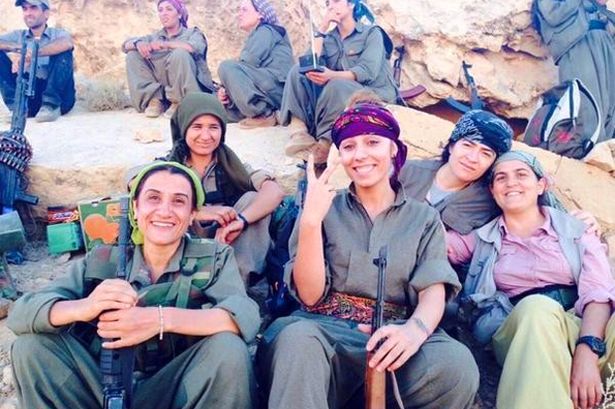
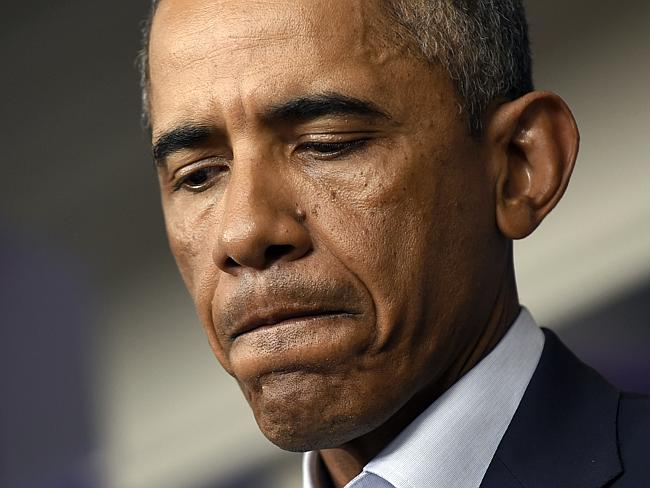
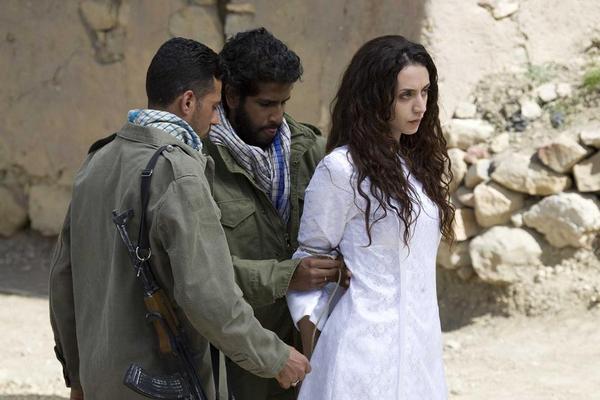
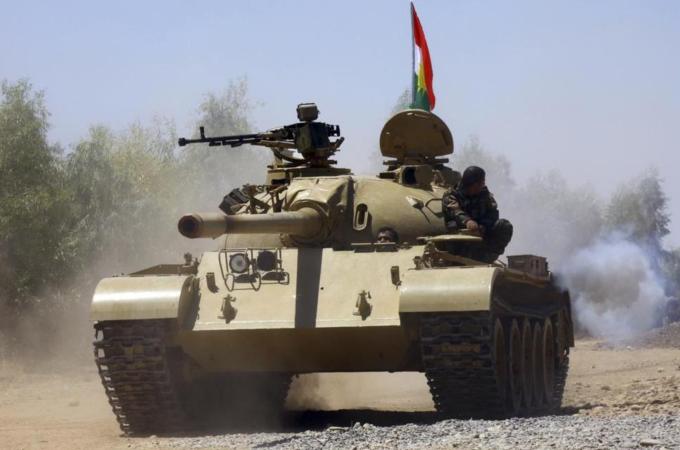

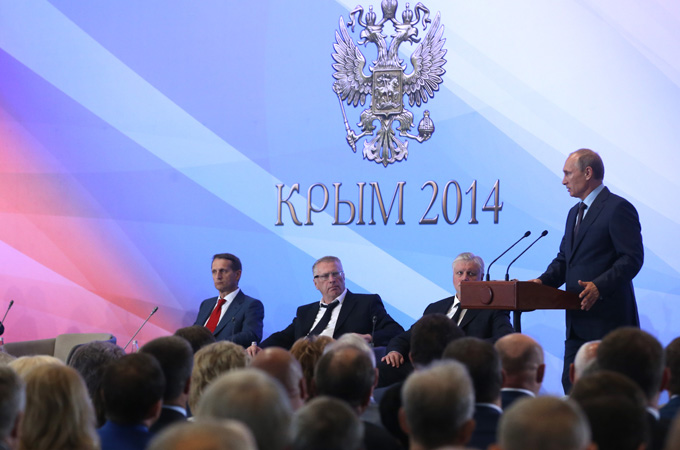
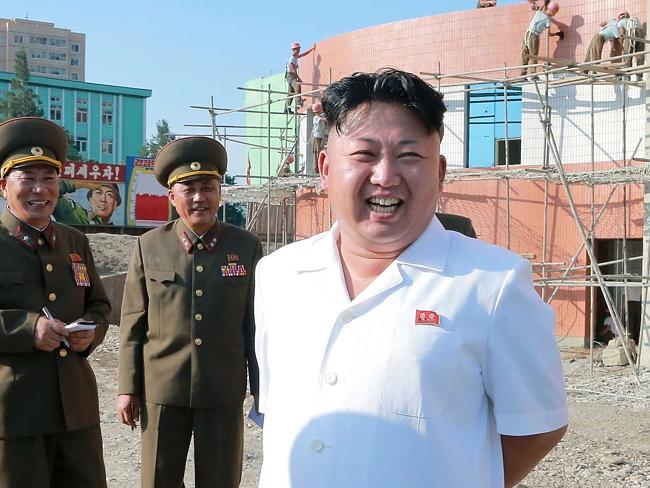
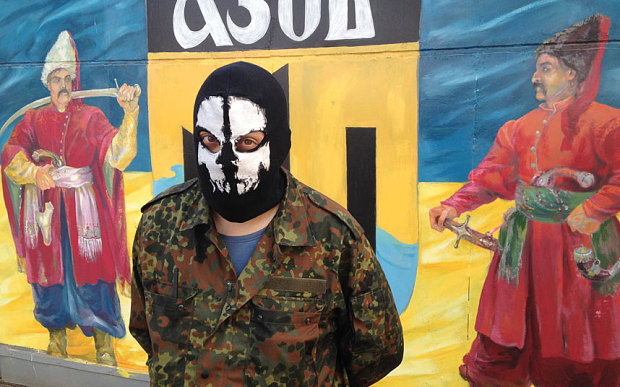
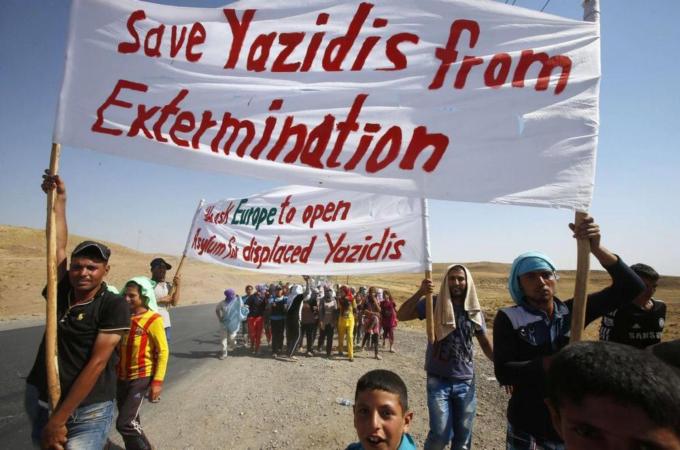
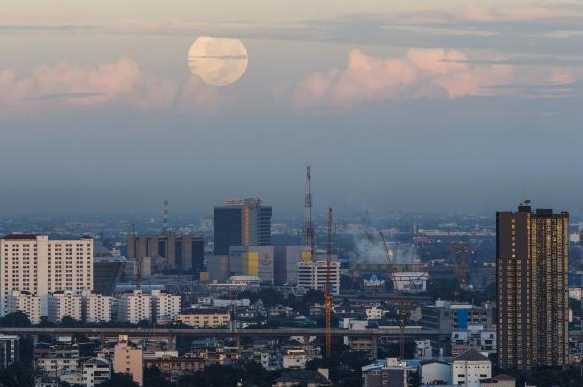
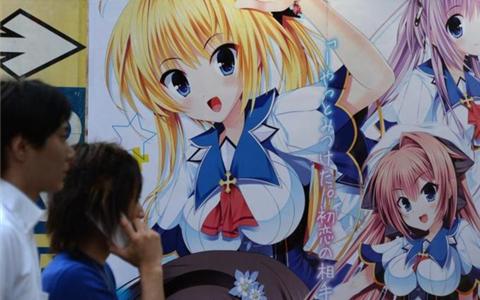
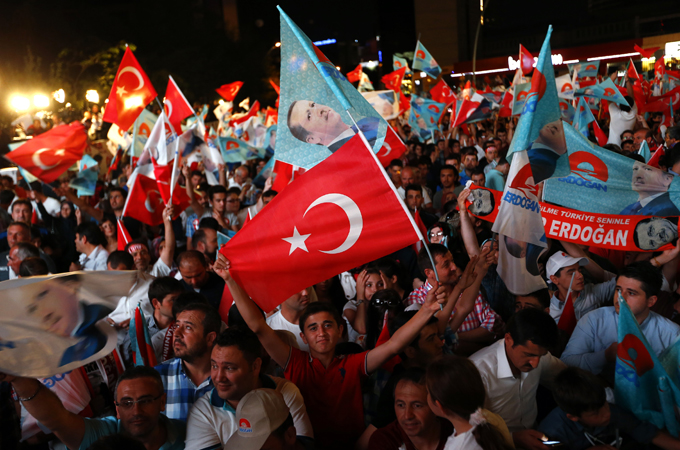
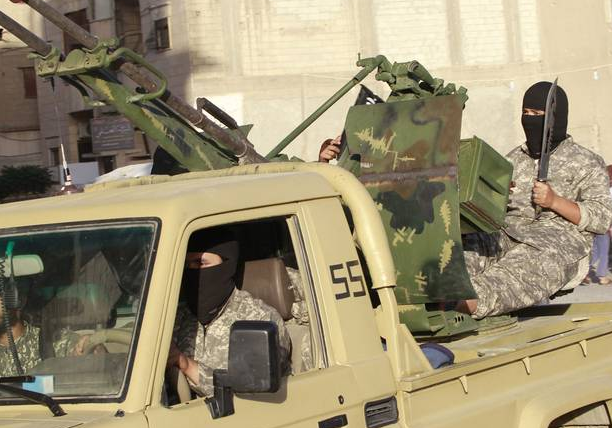
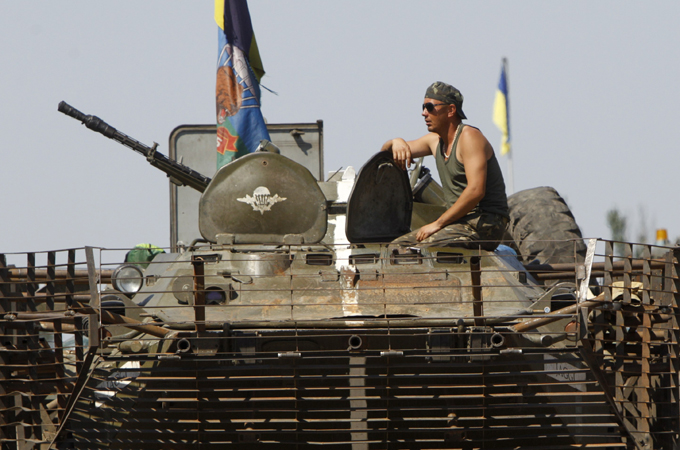
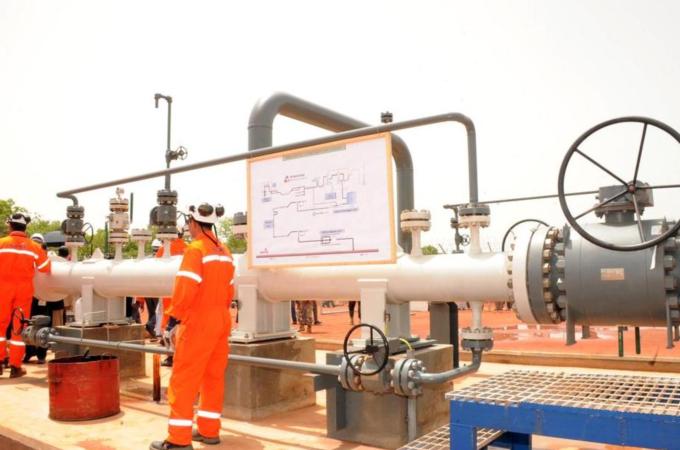
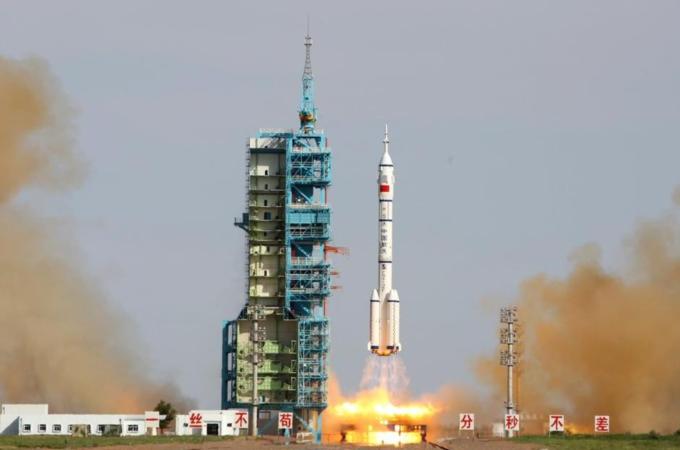
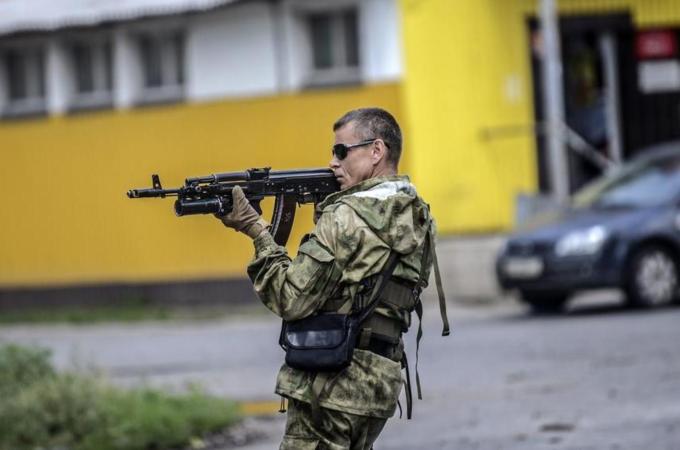


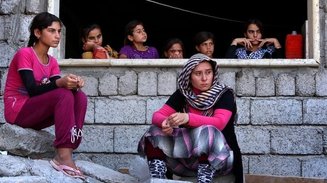
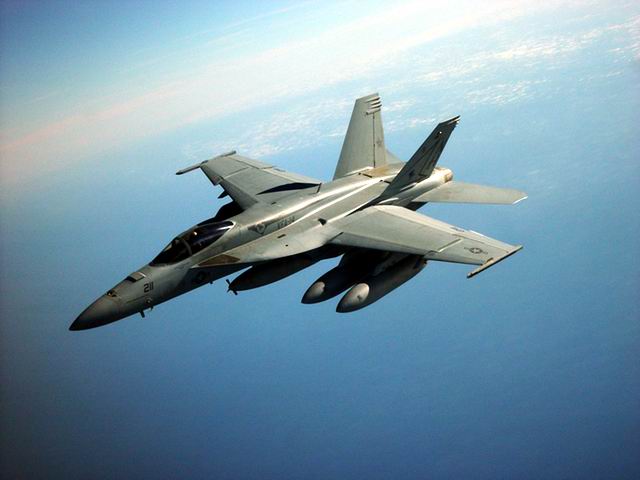
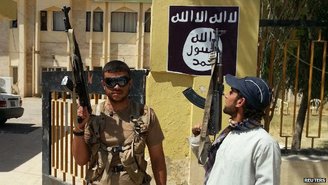
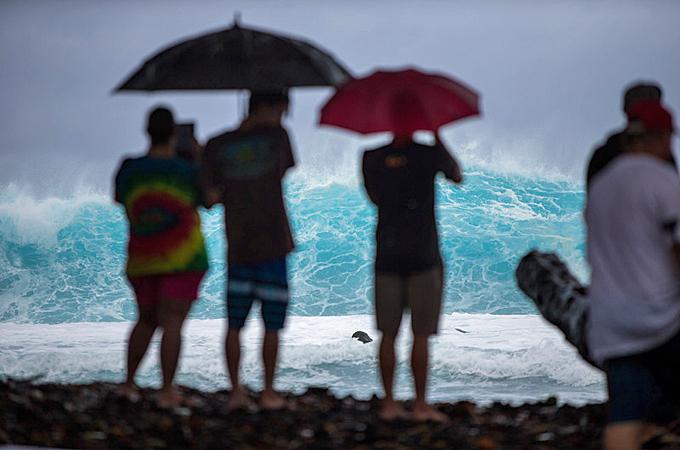
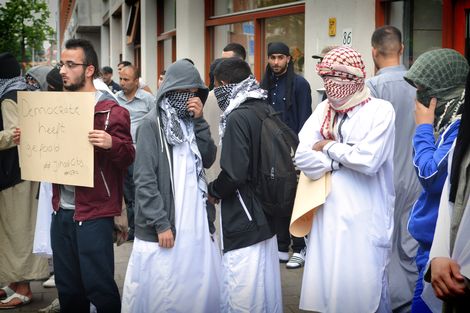
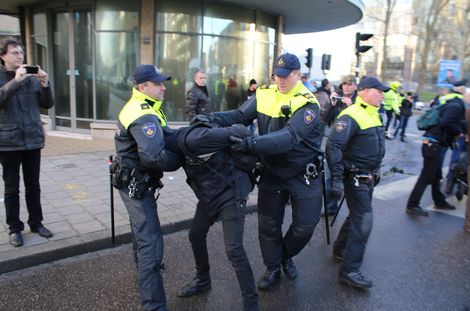
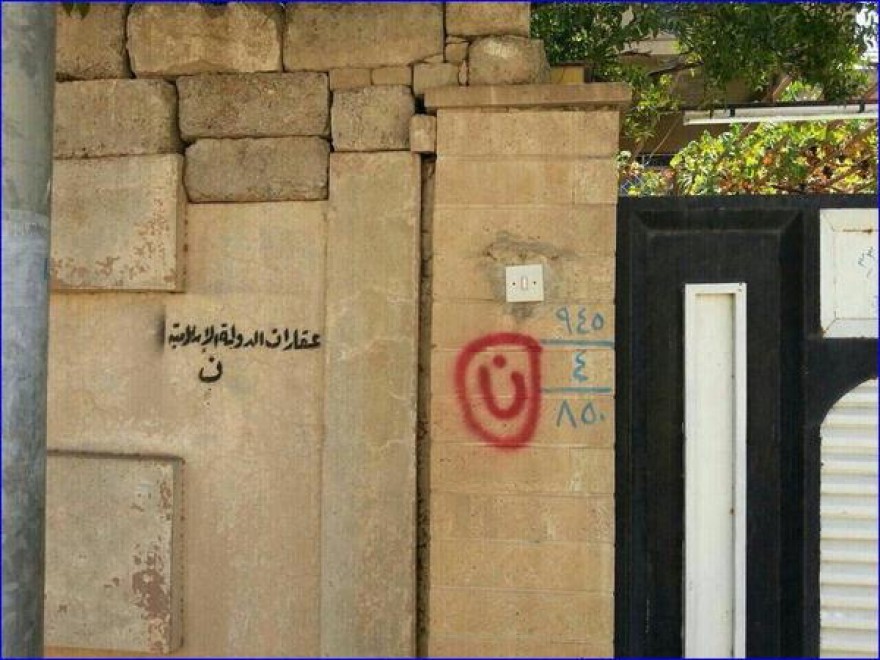
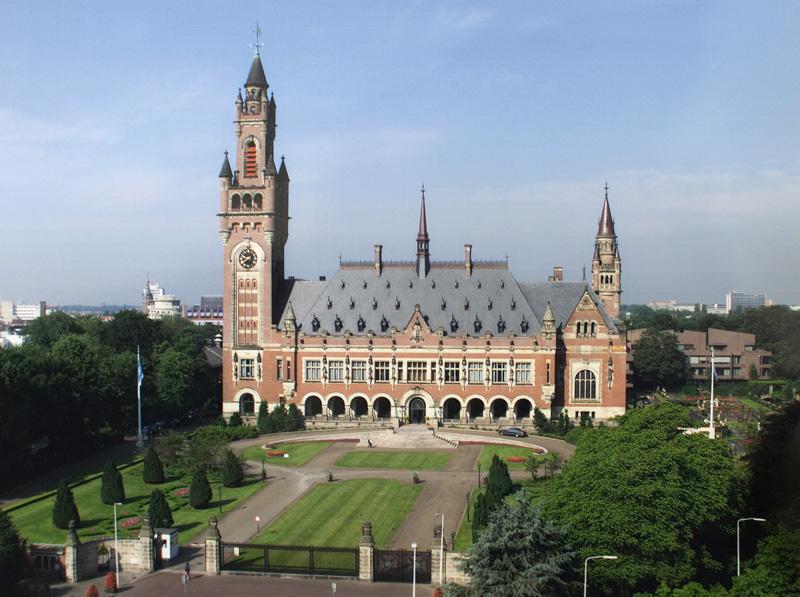
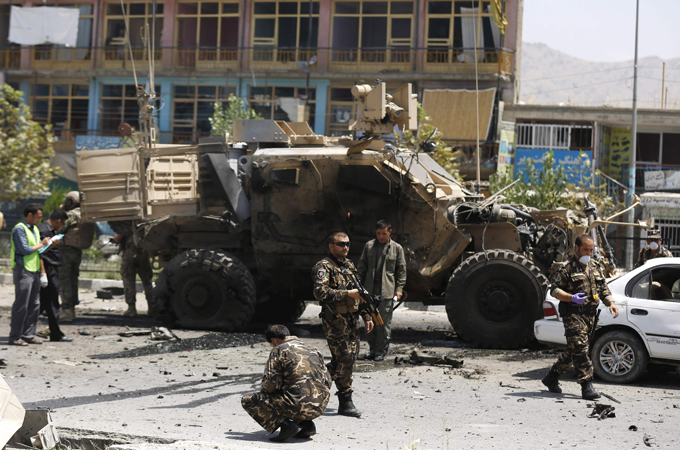
 RSS Feed
RSS Feed
